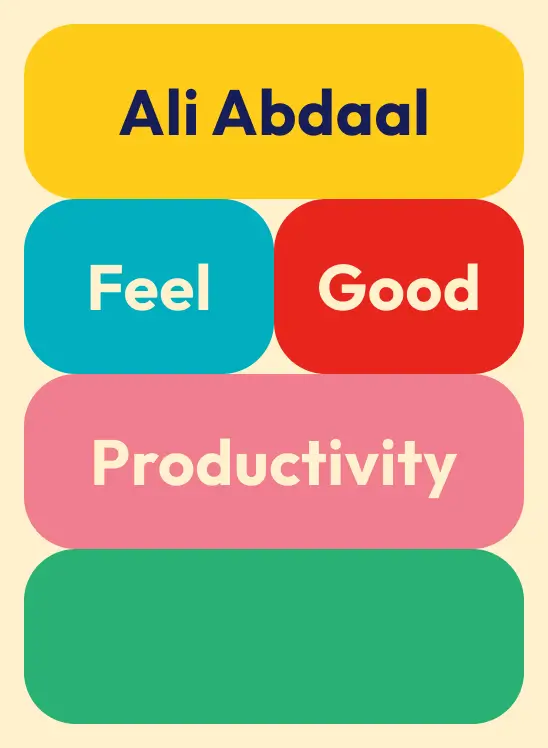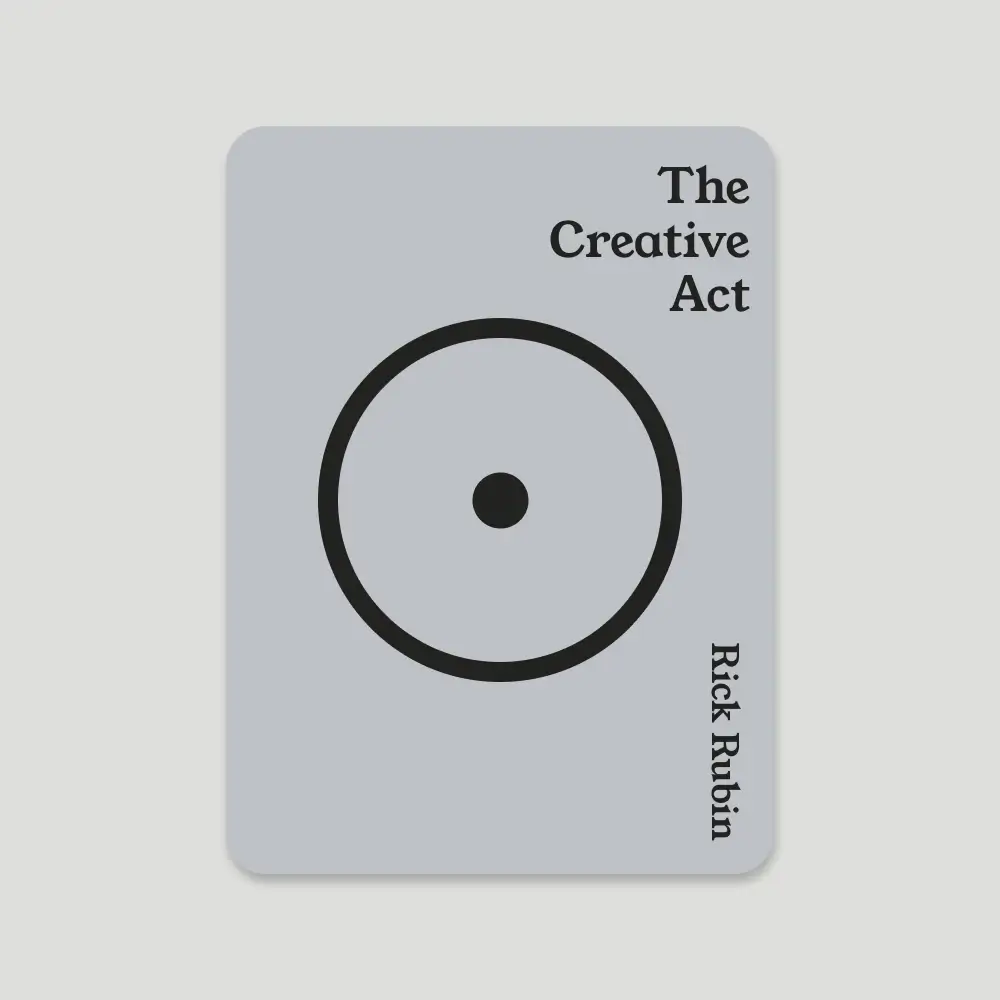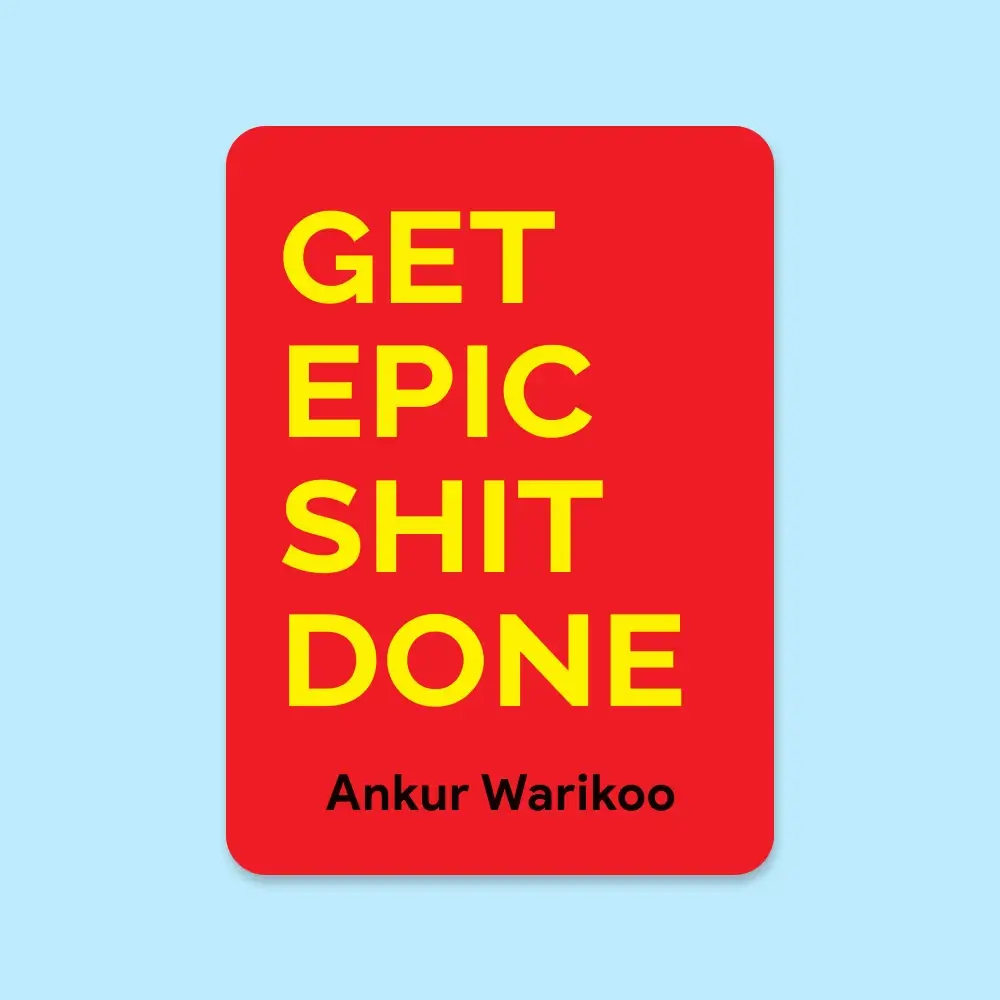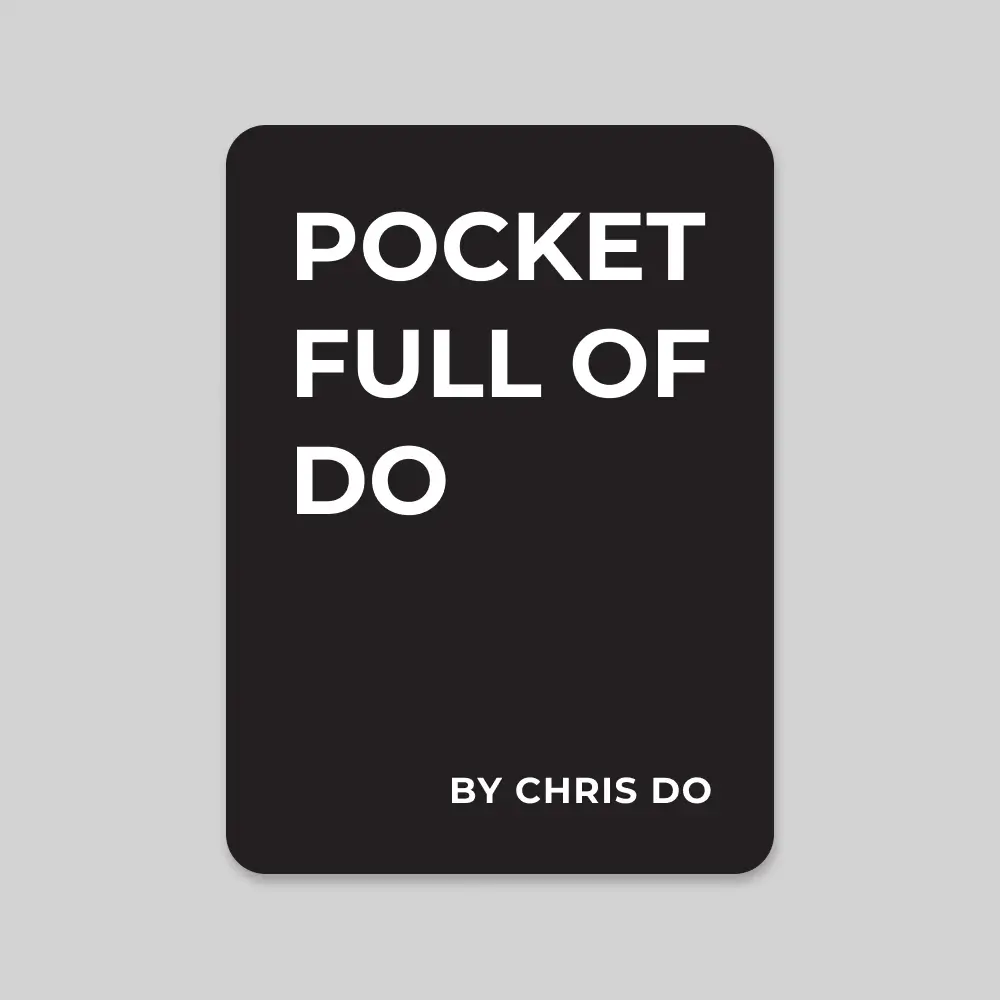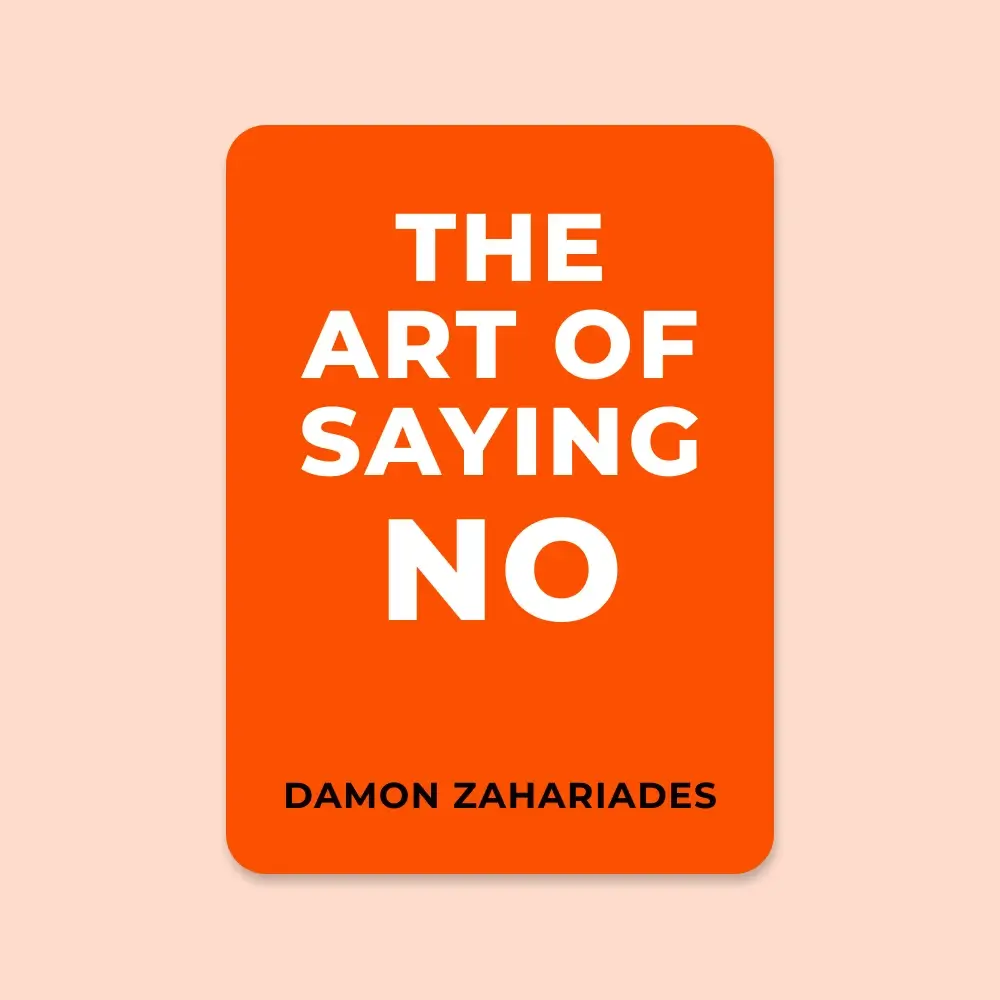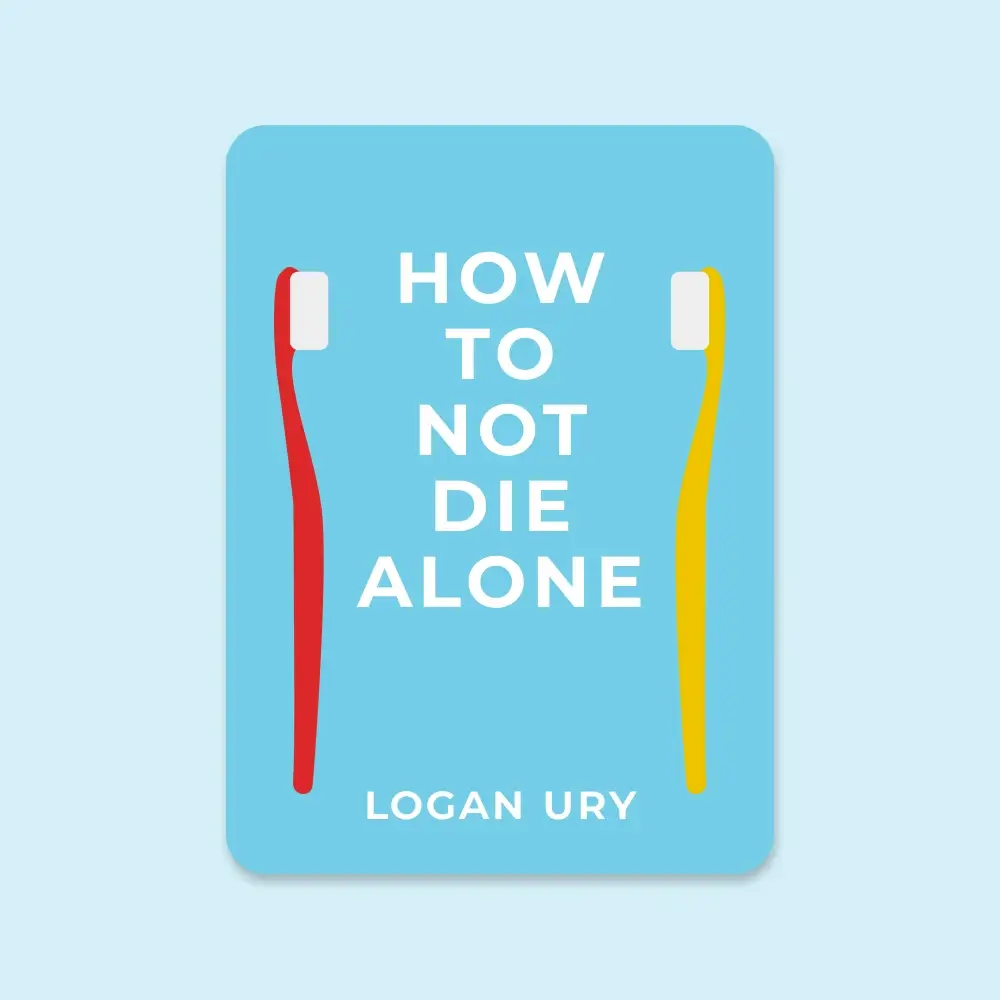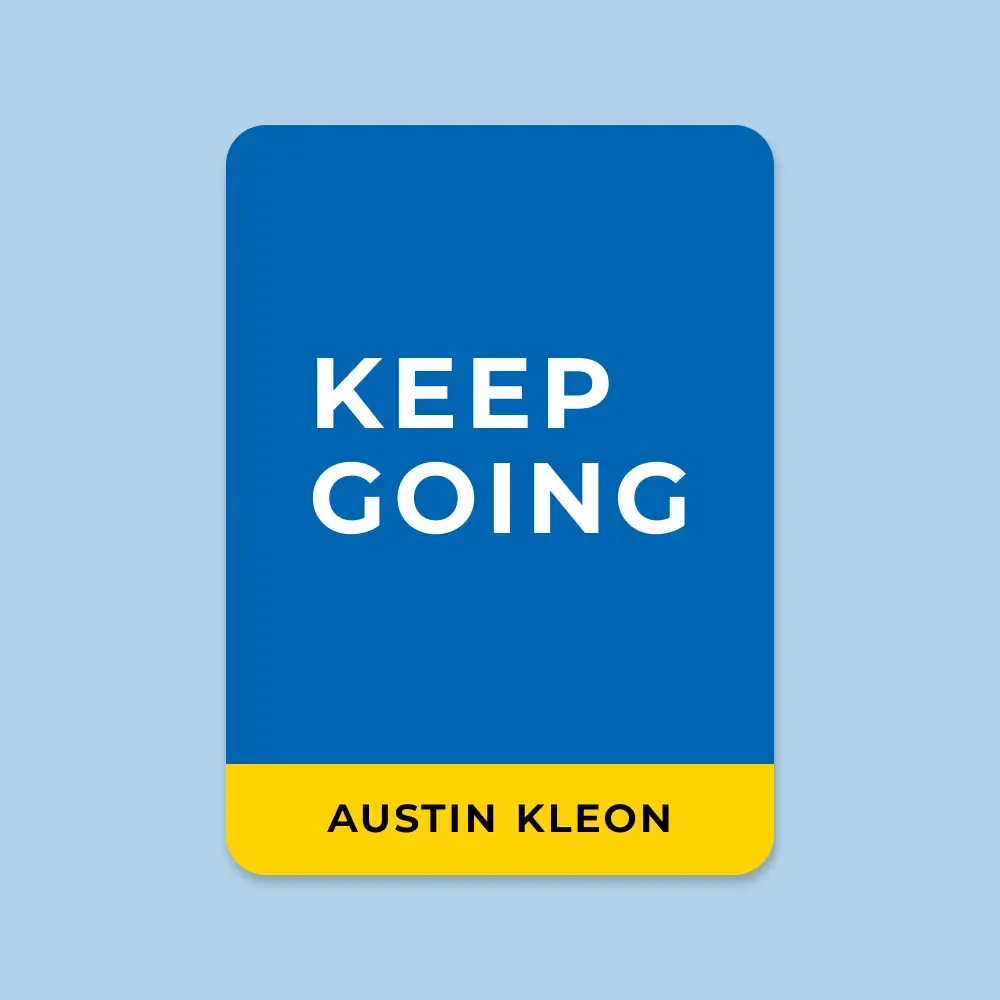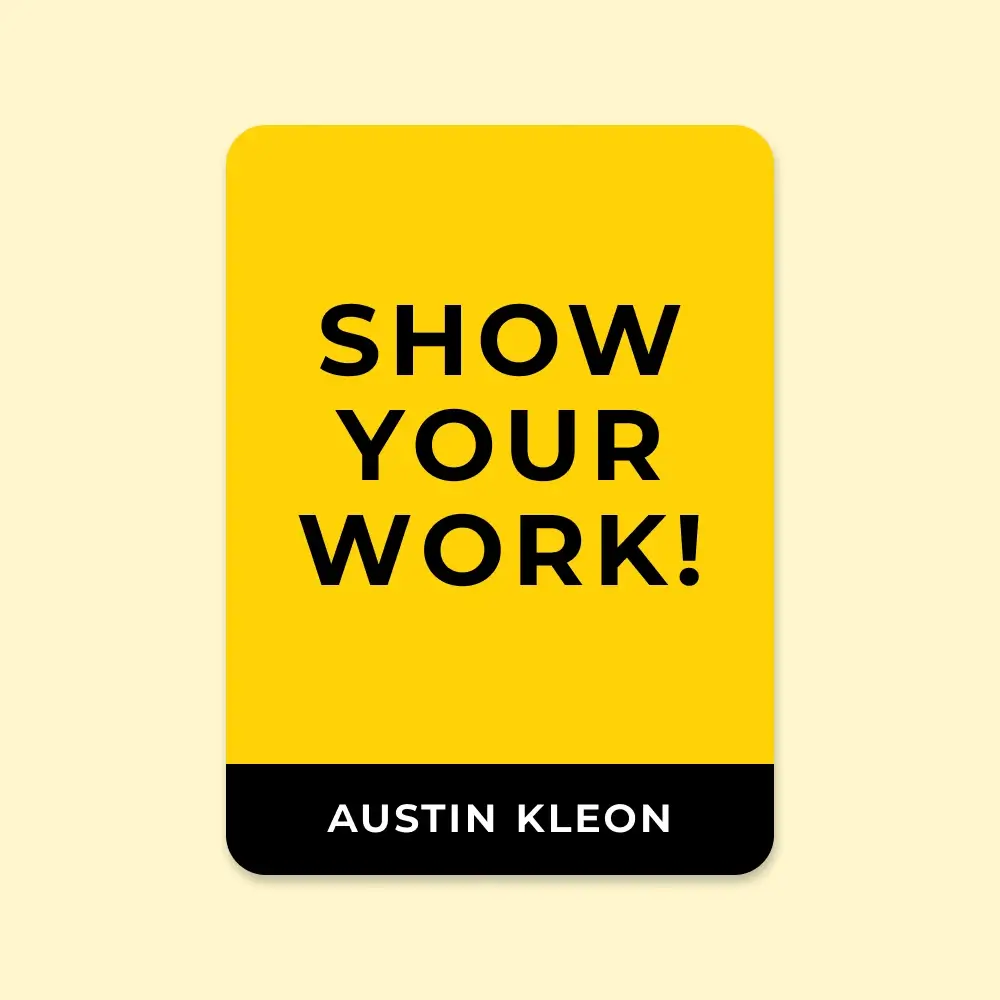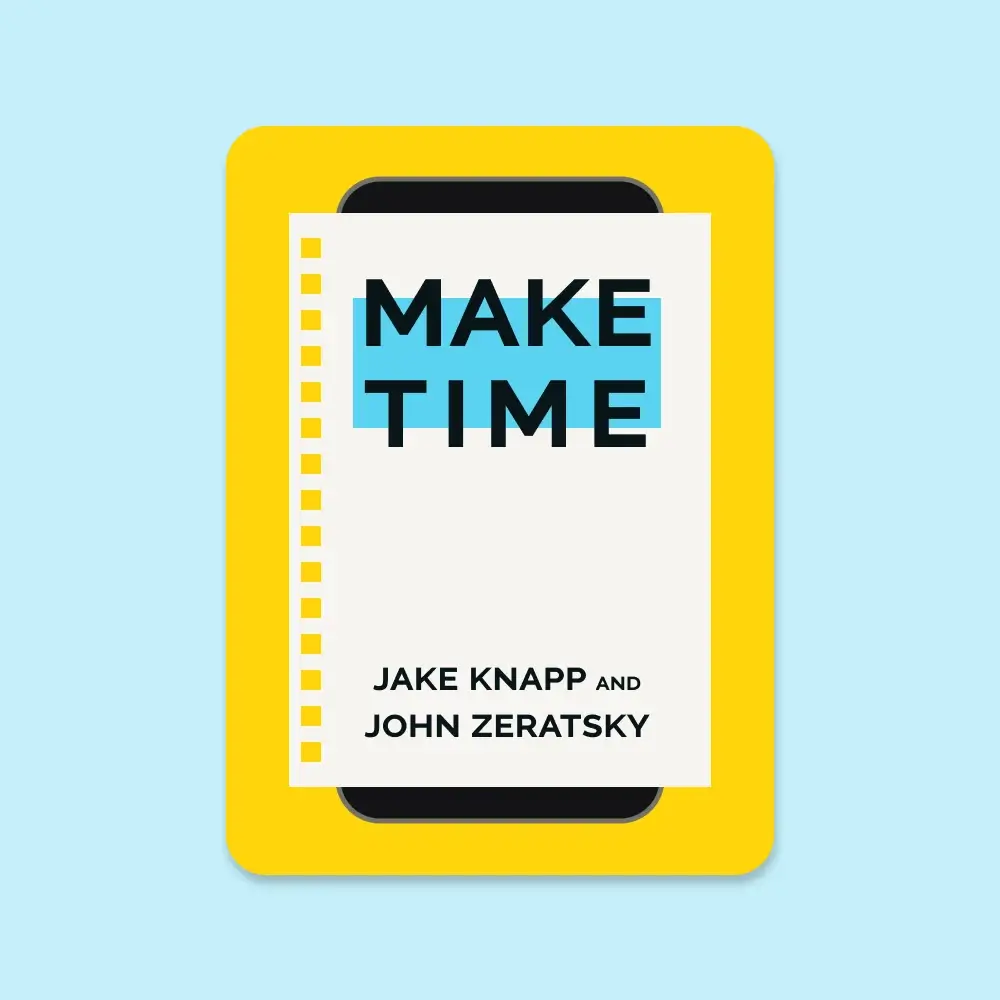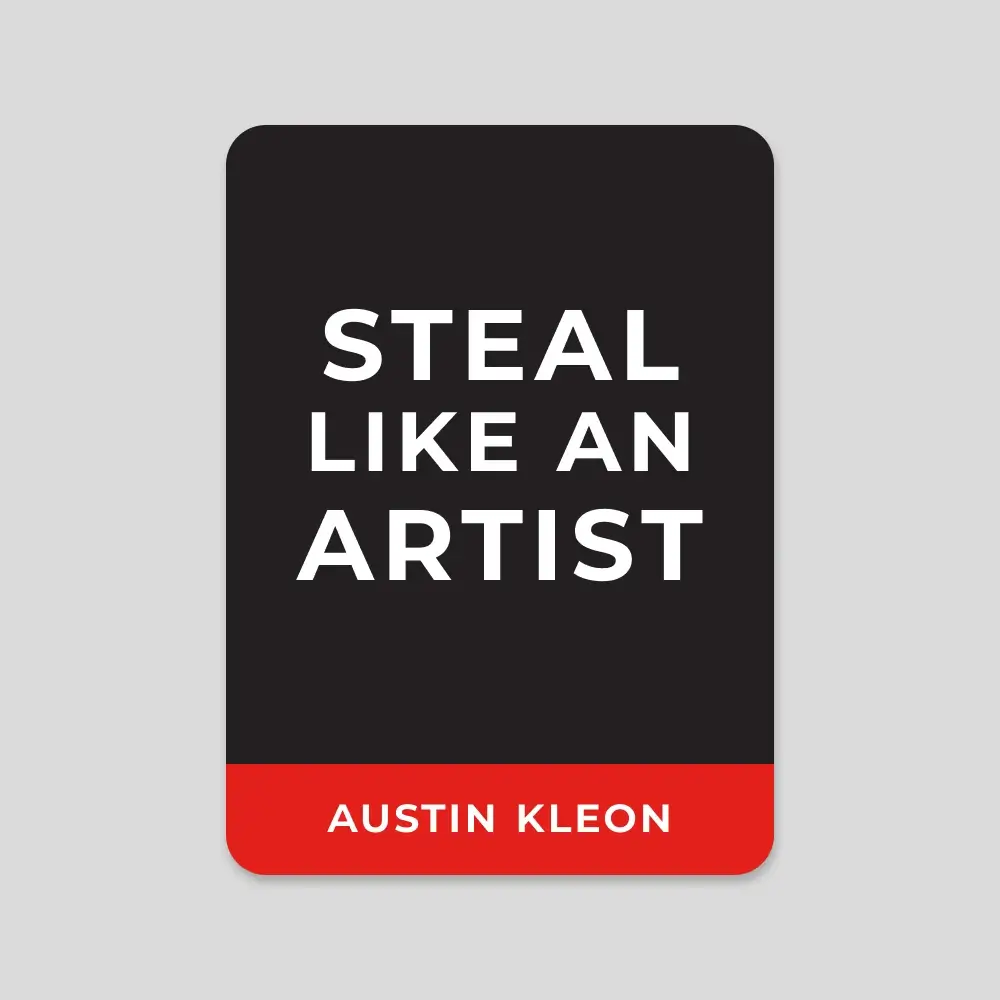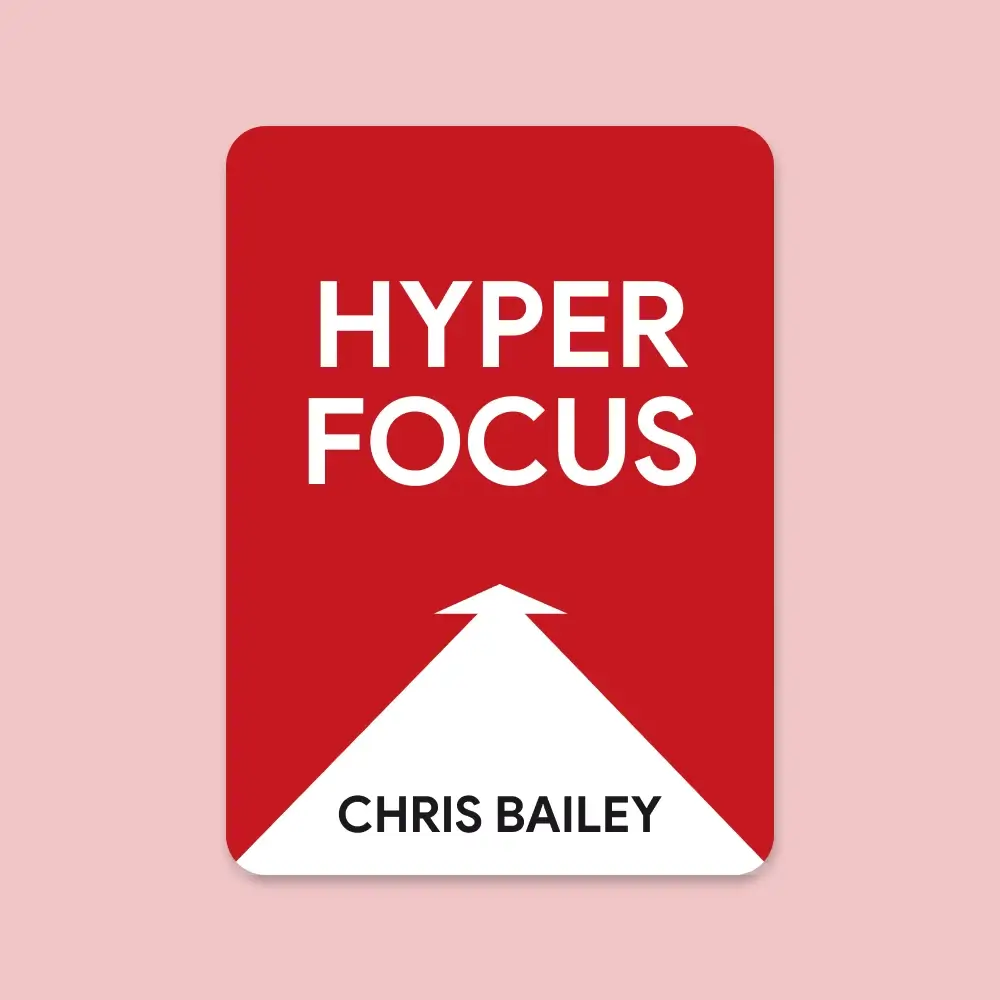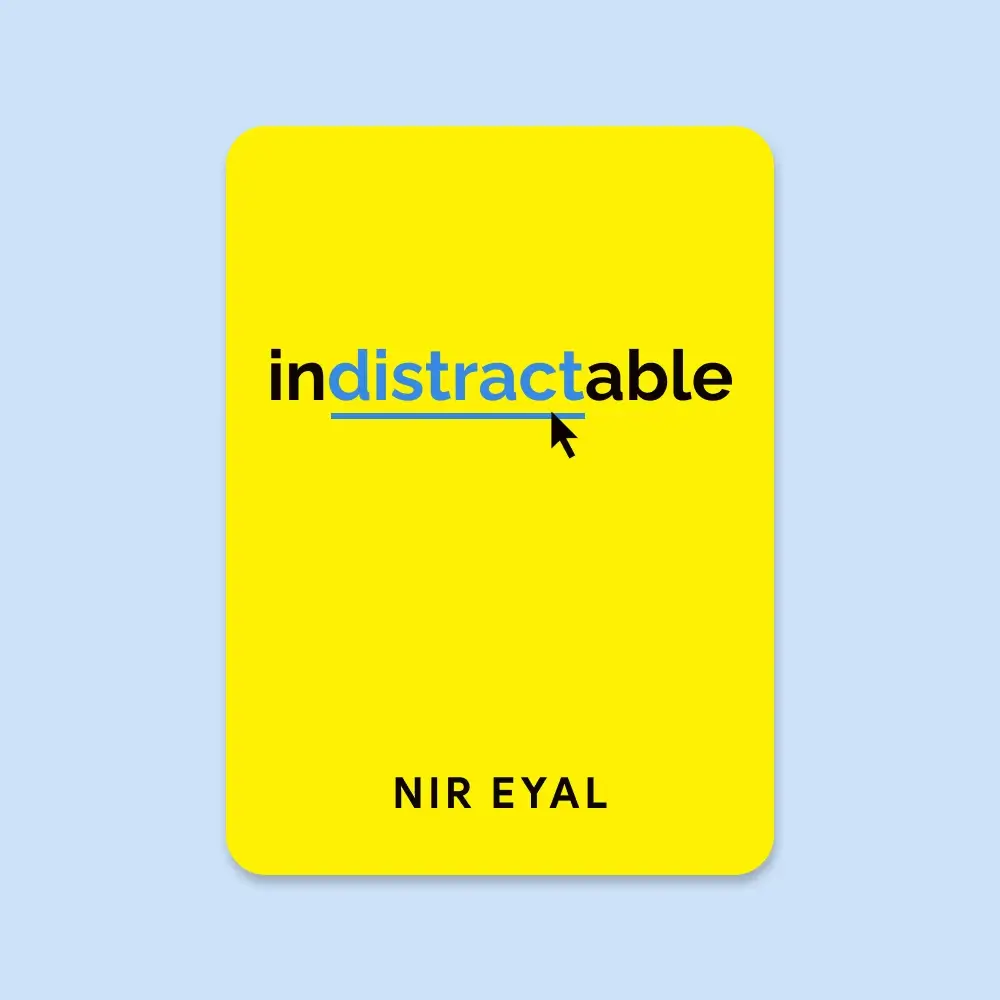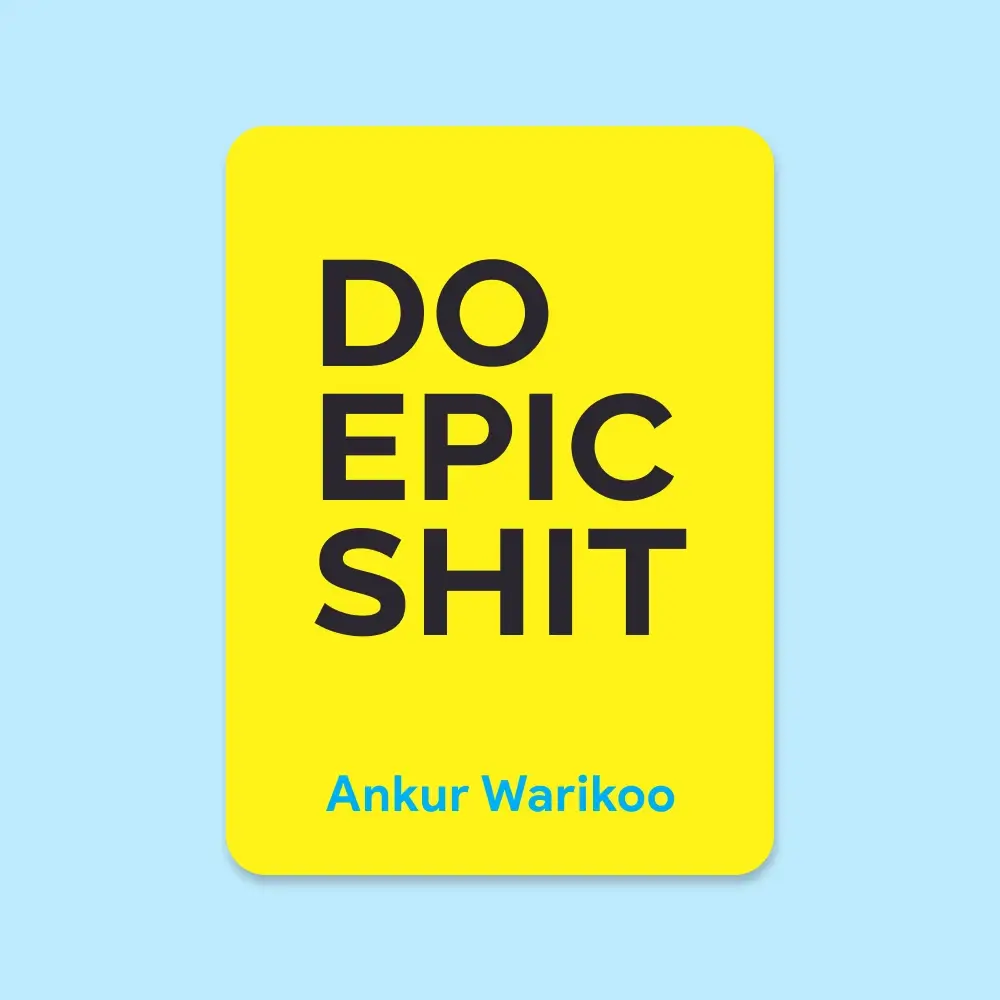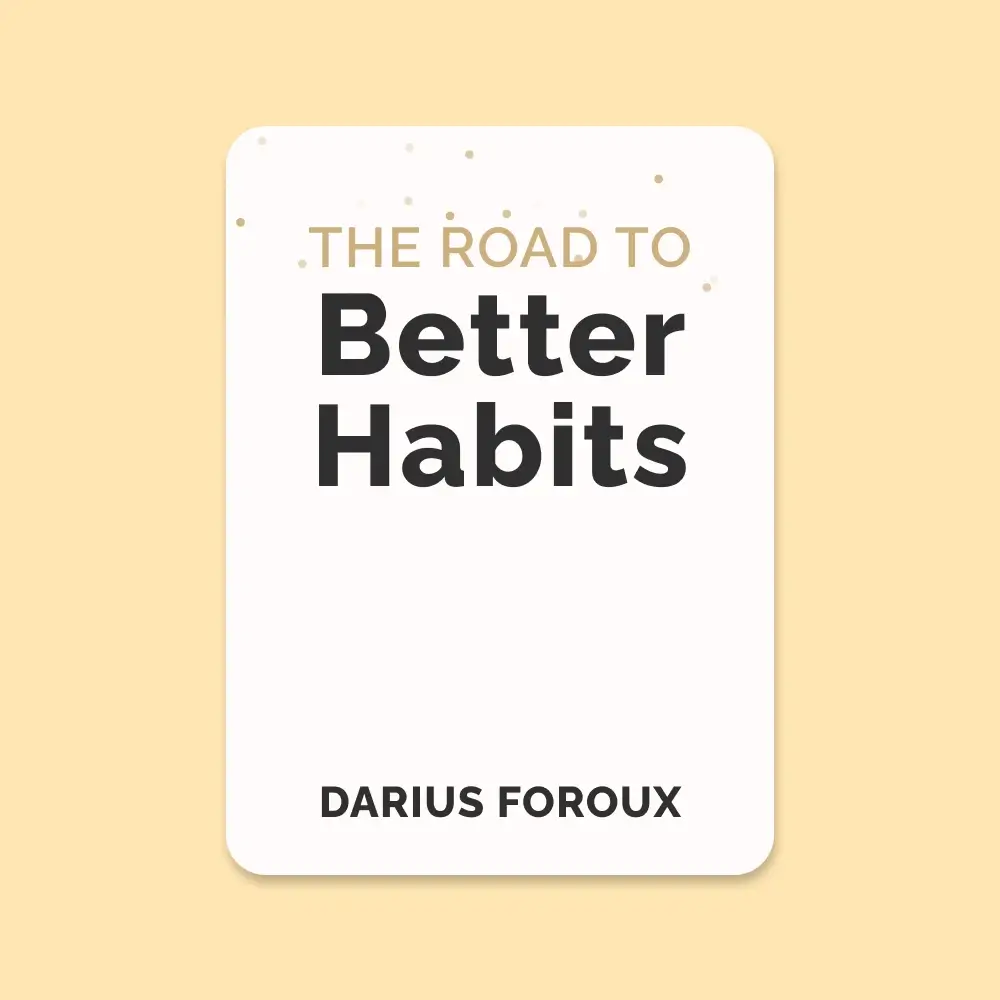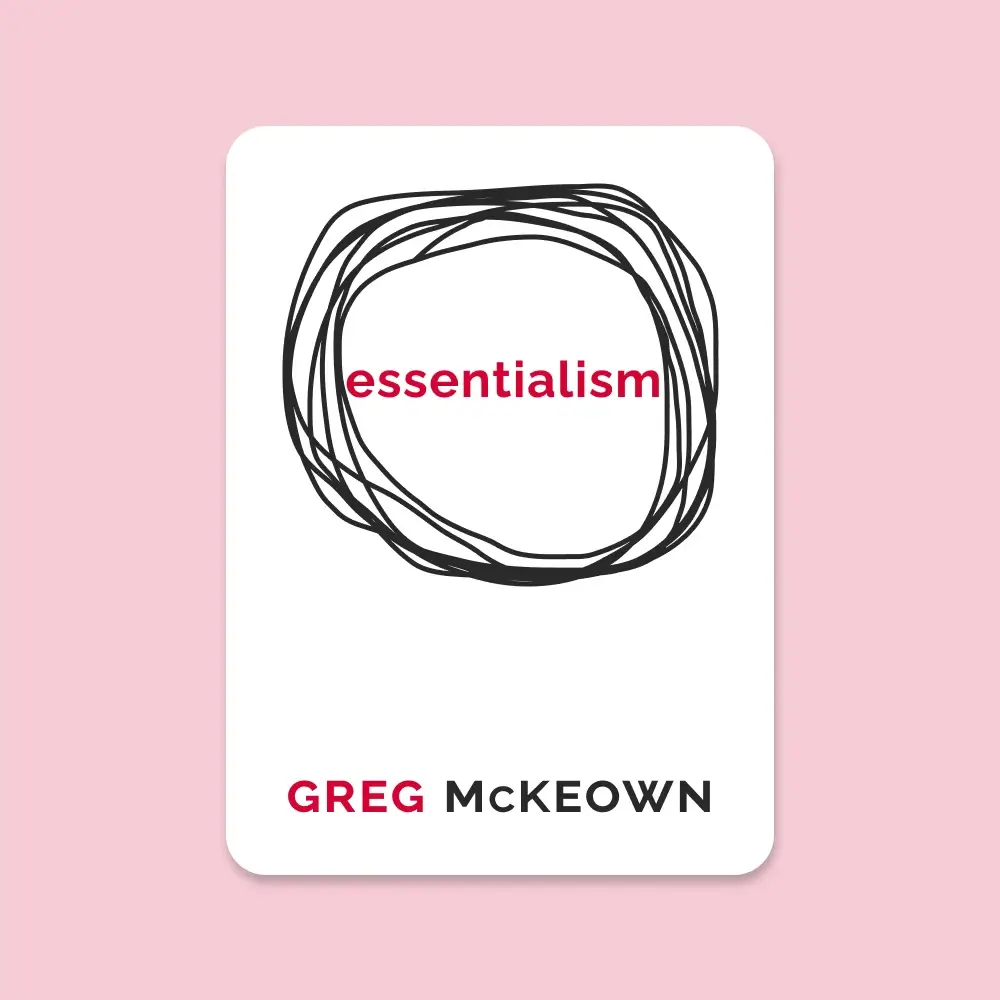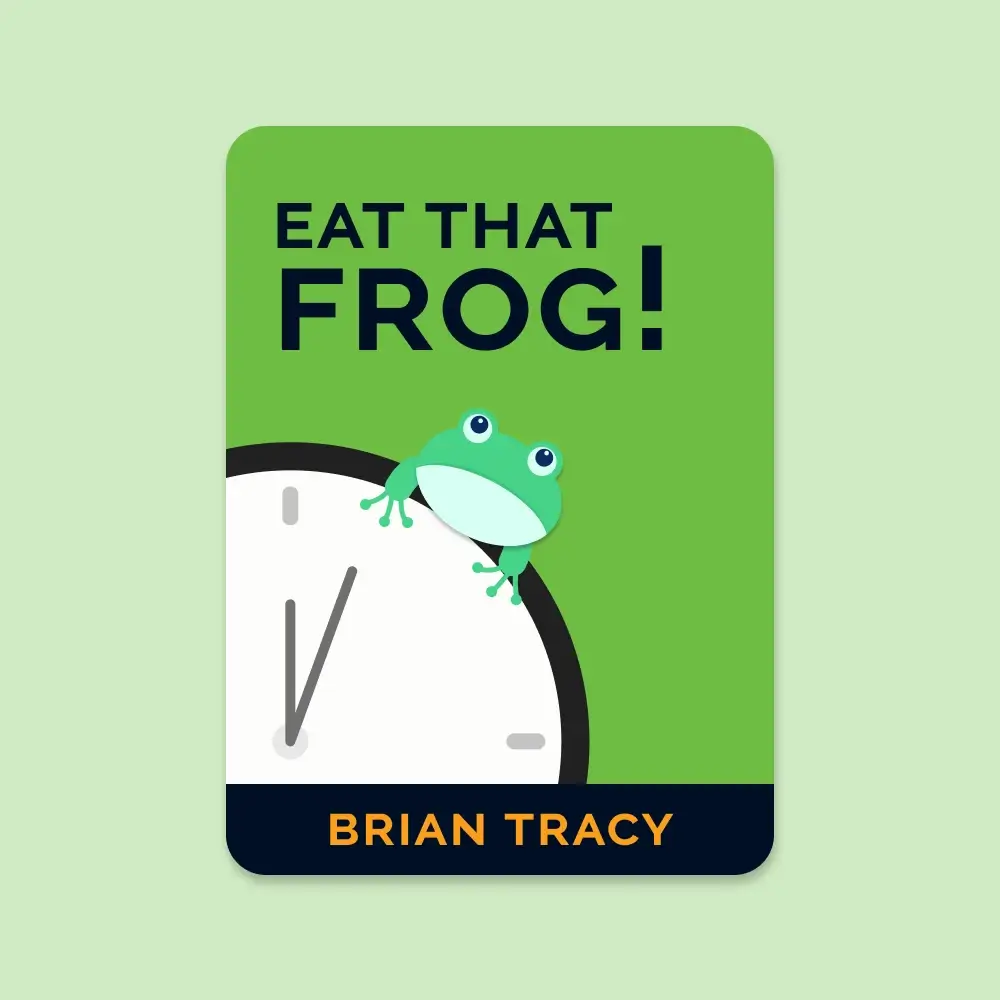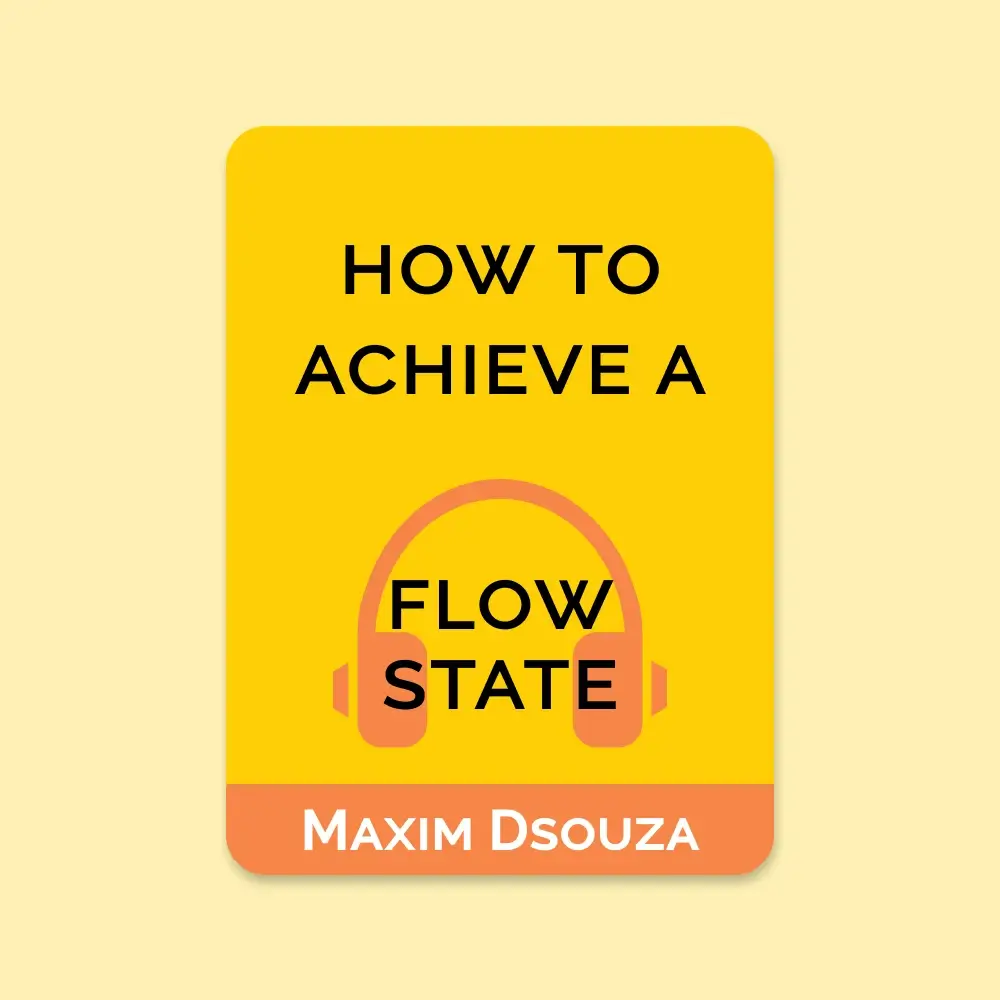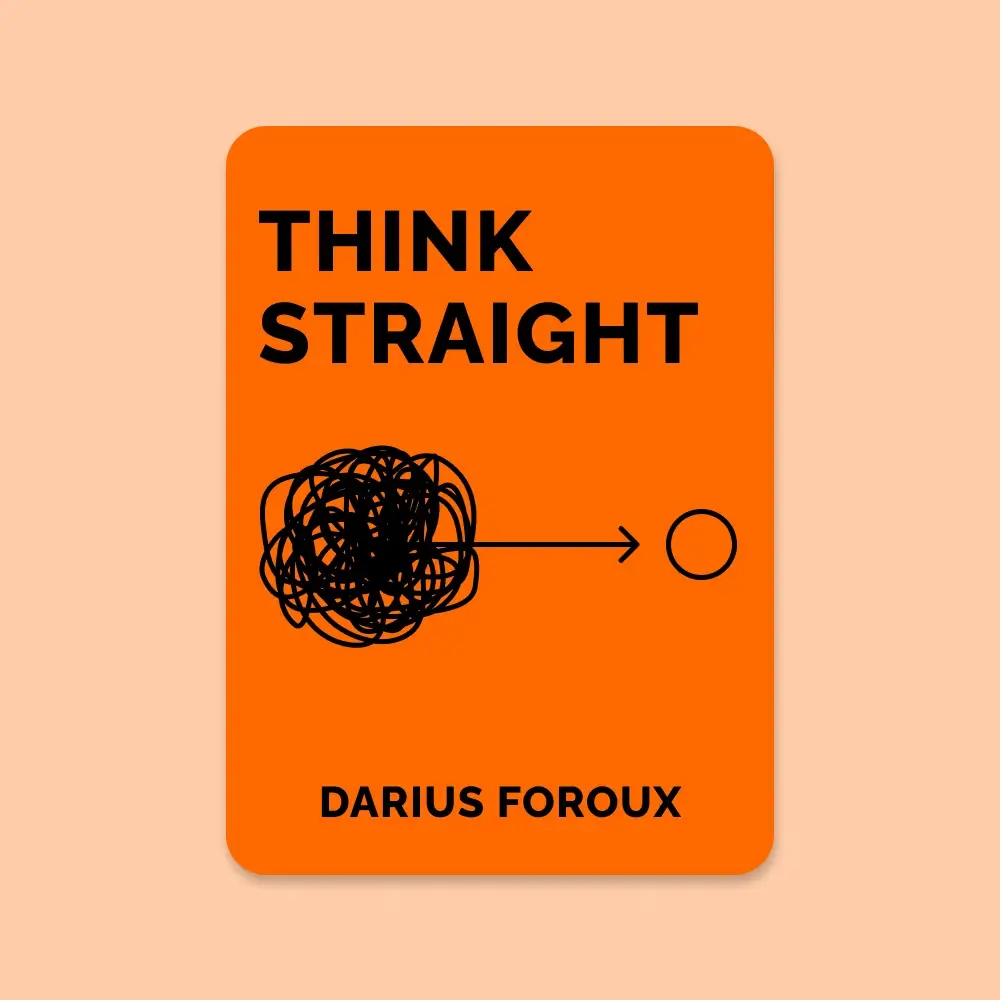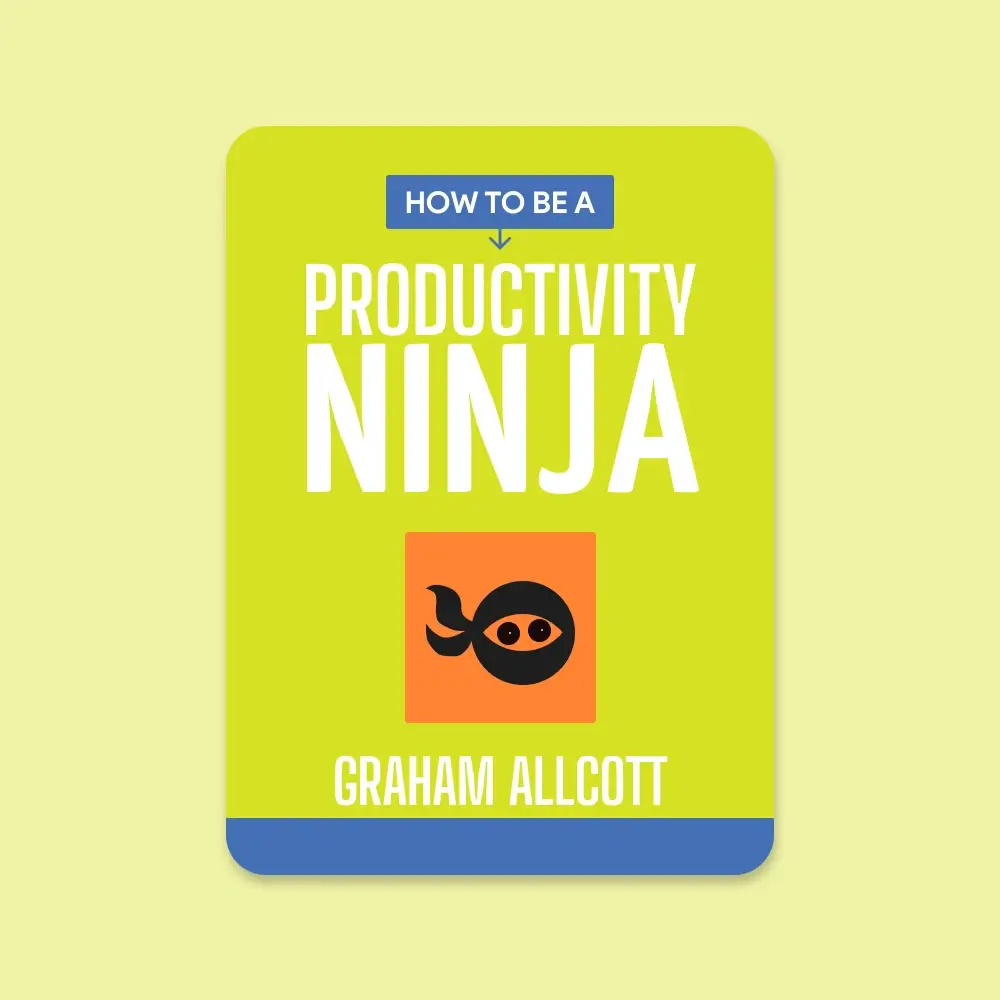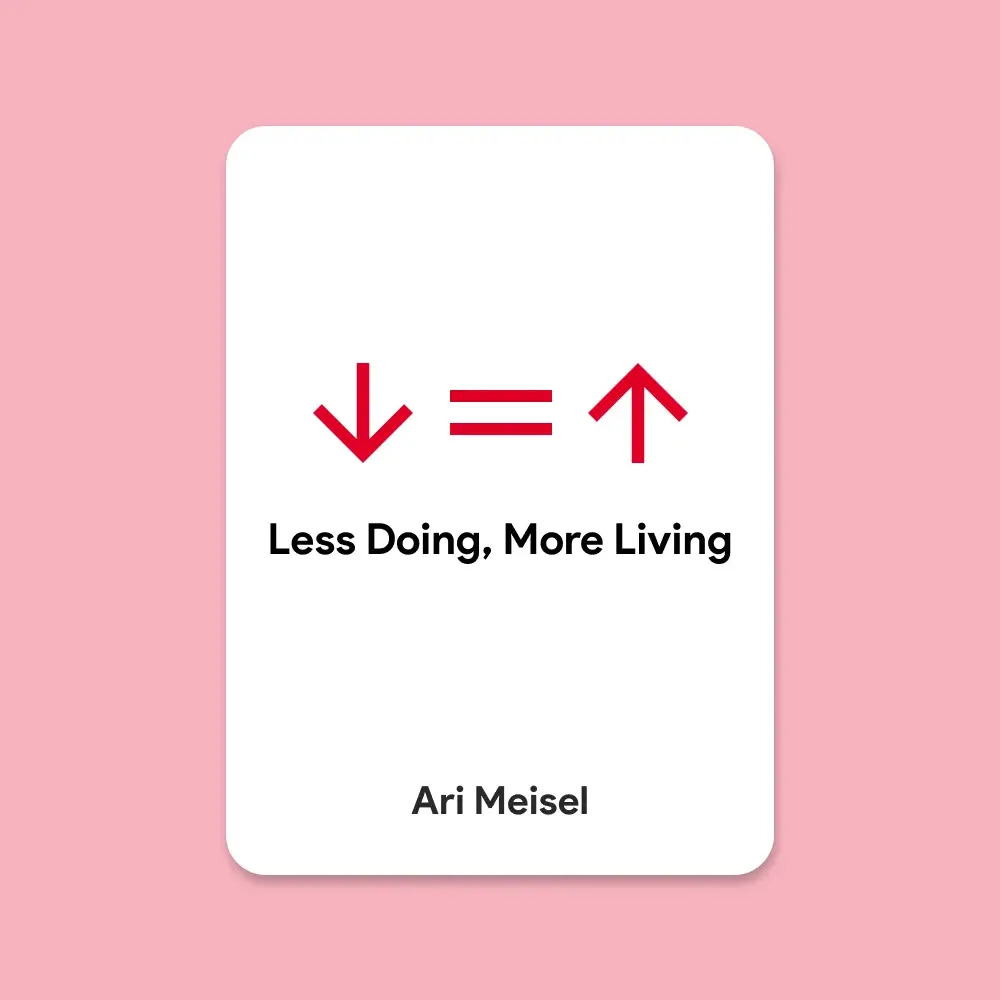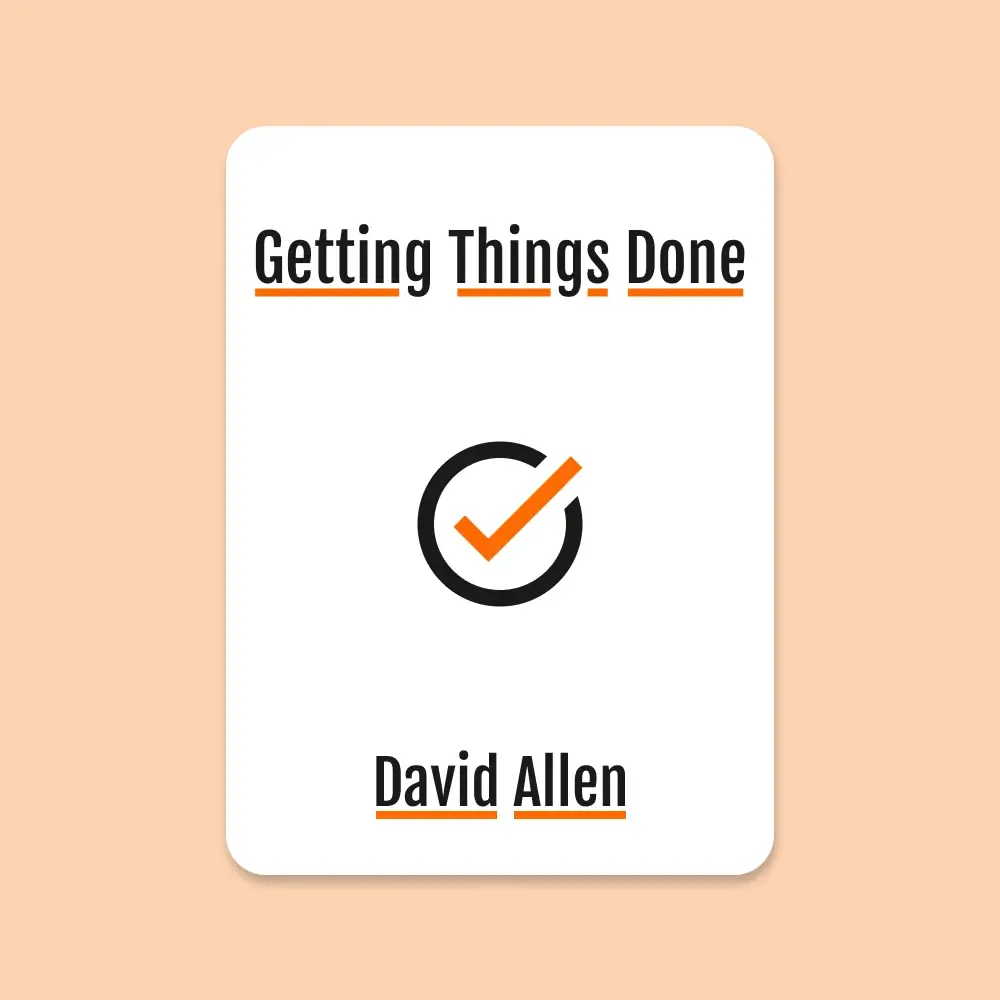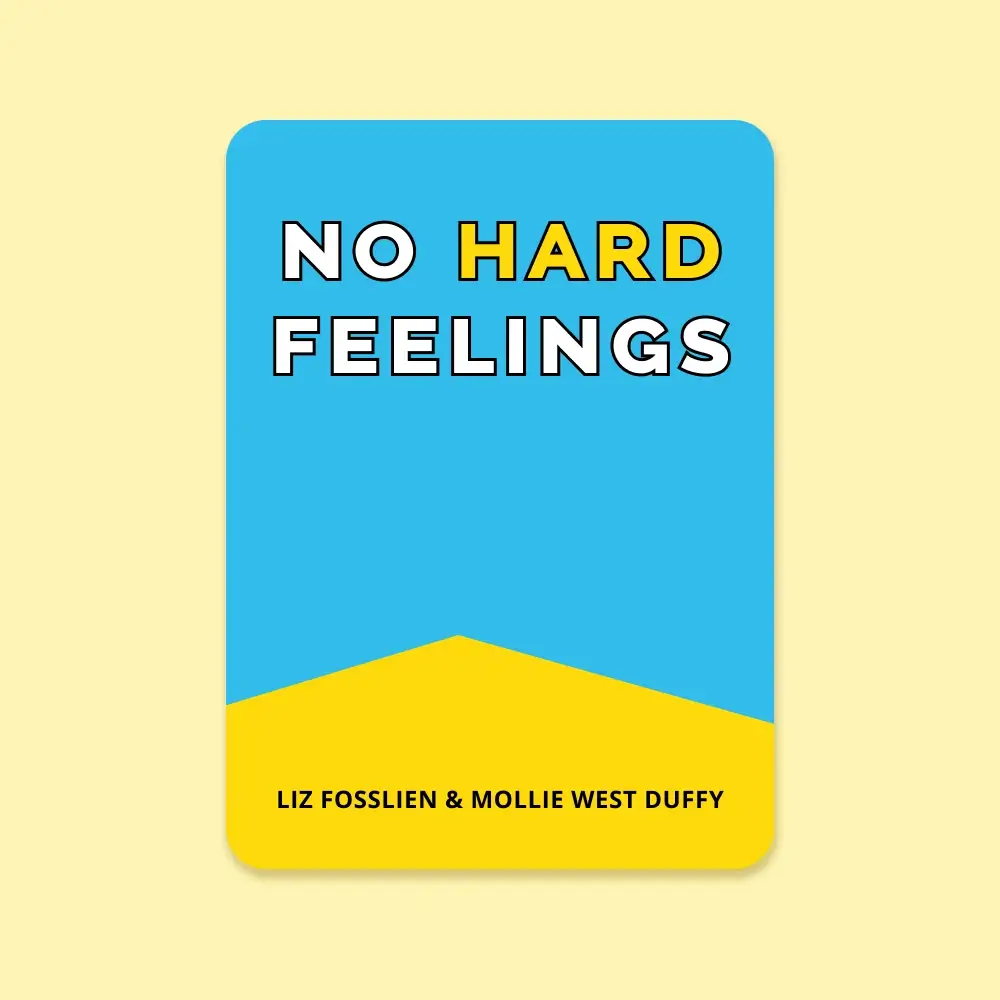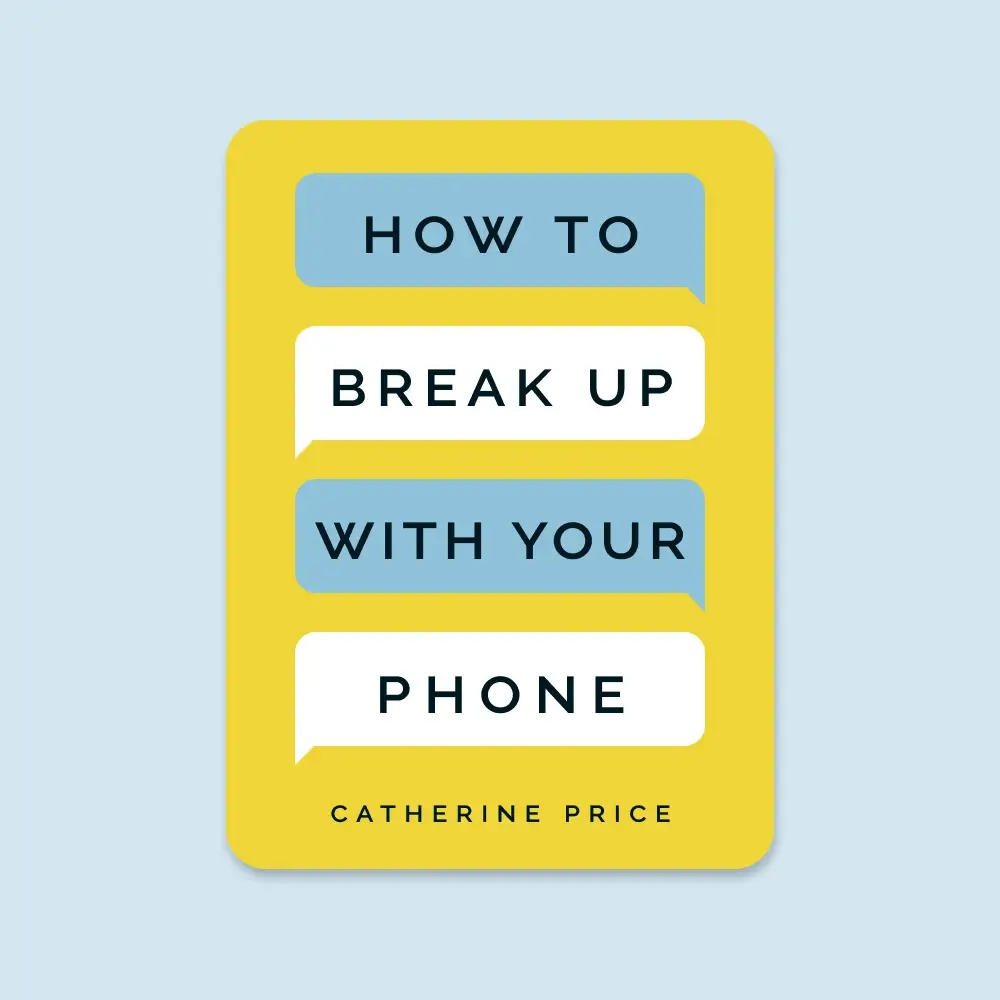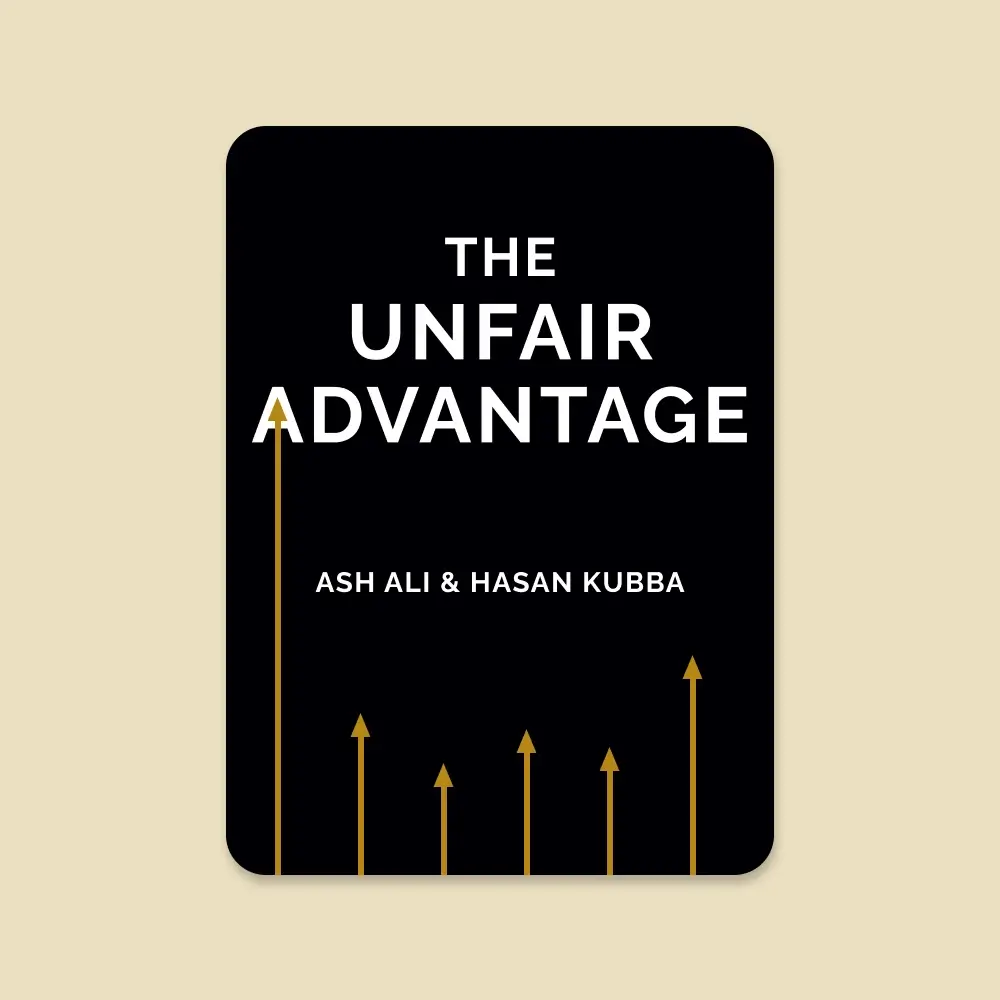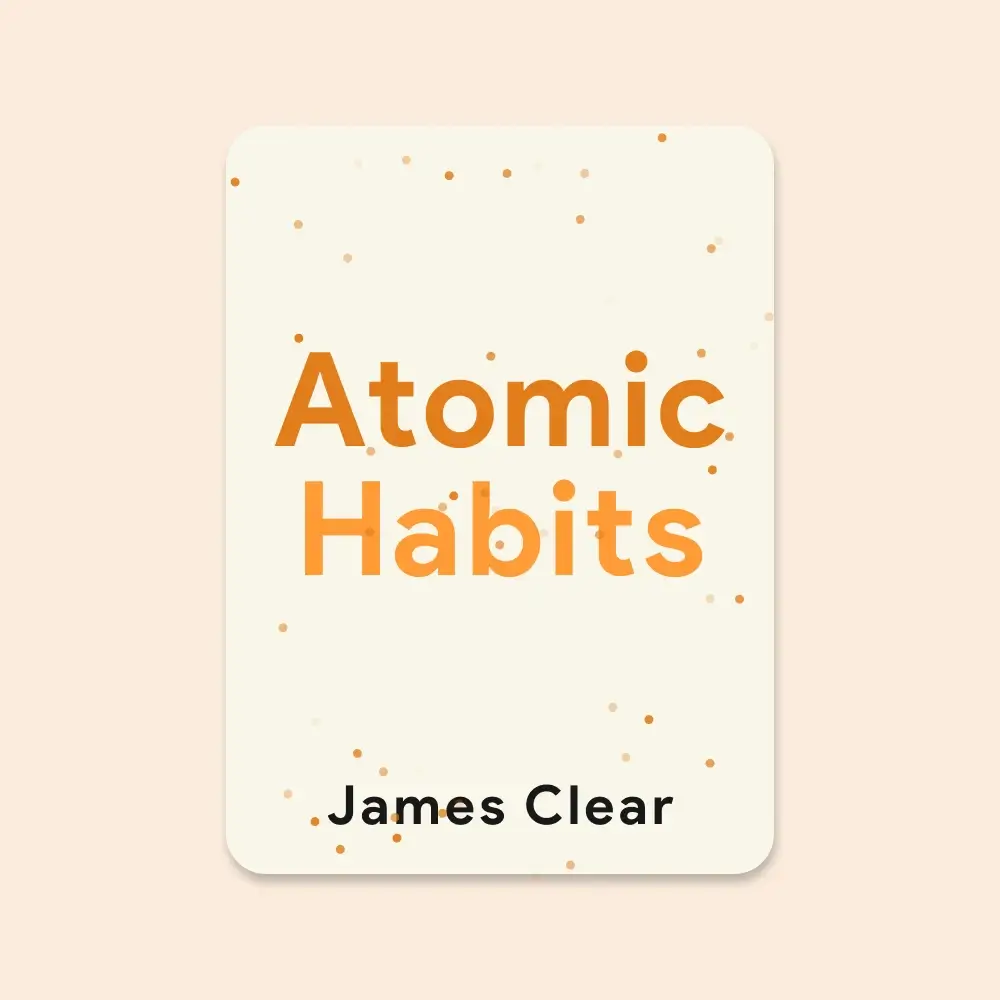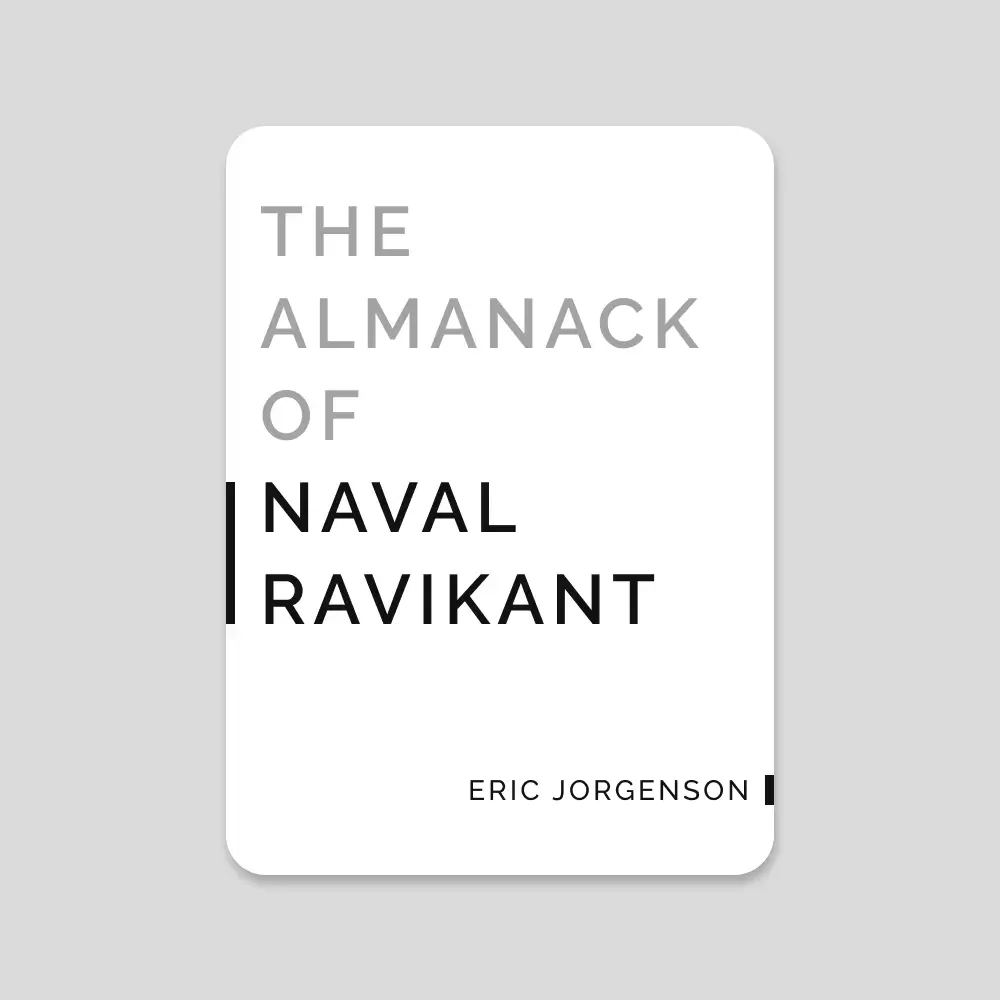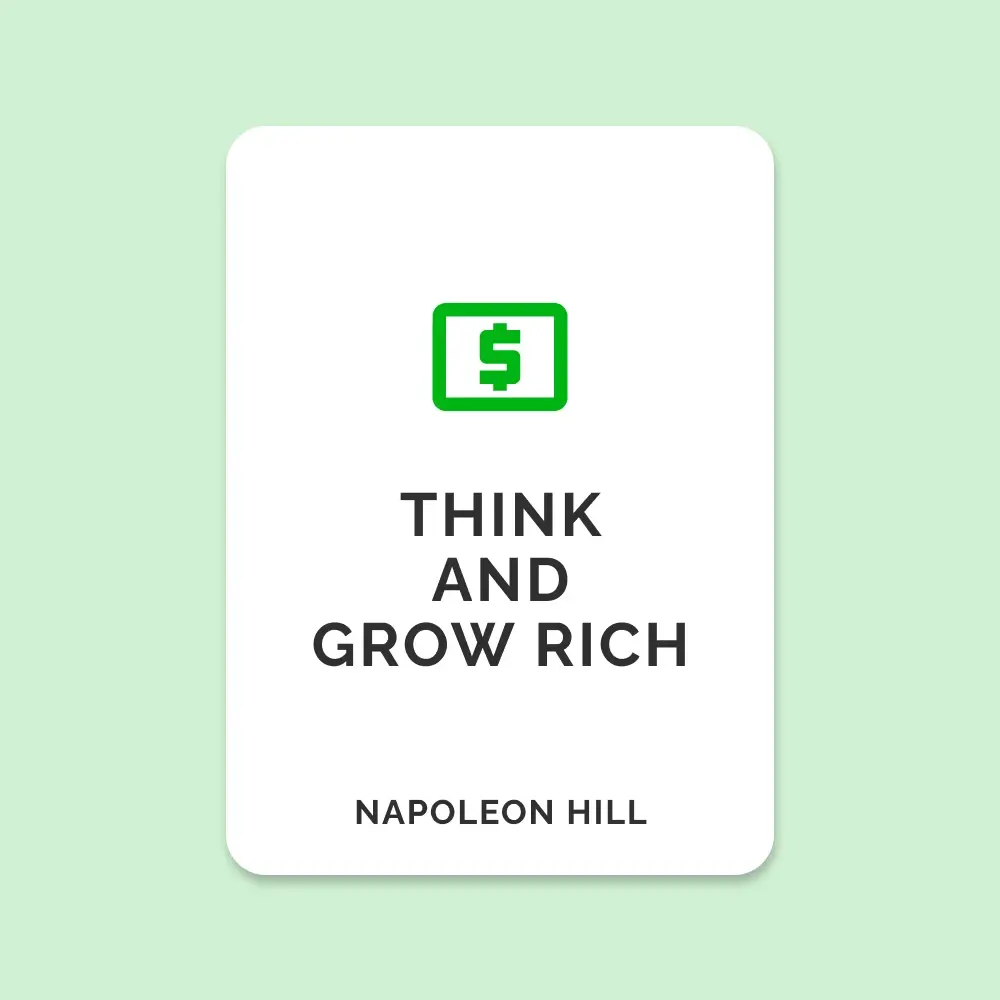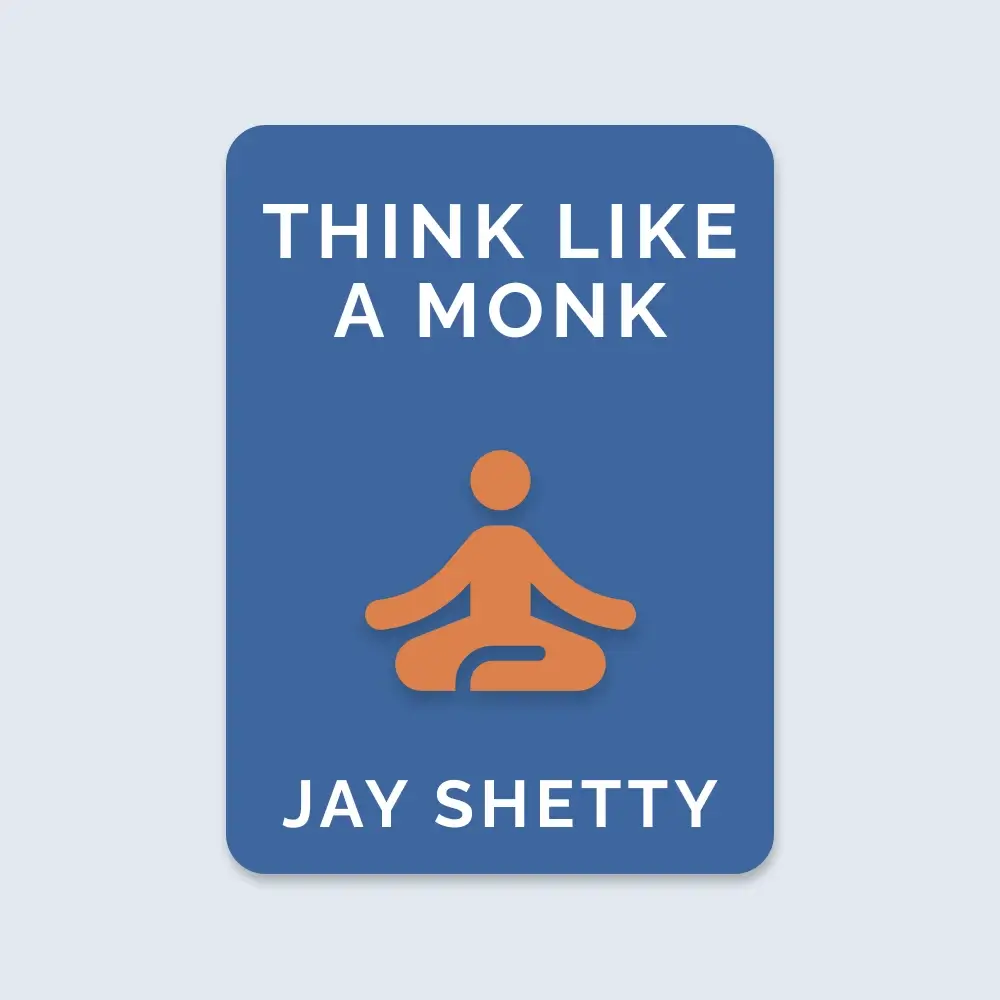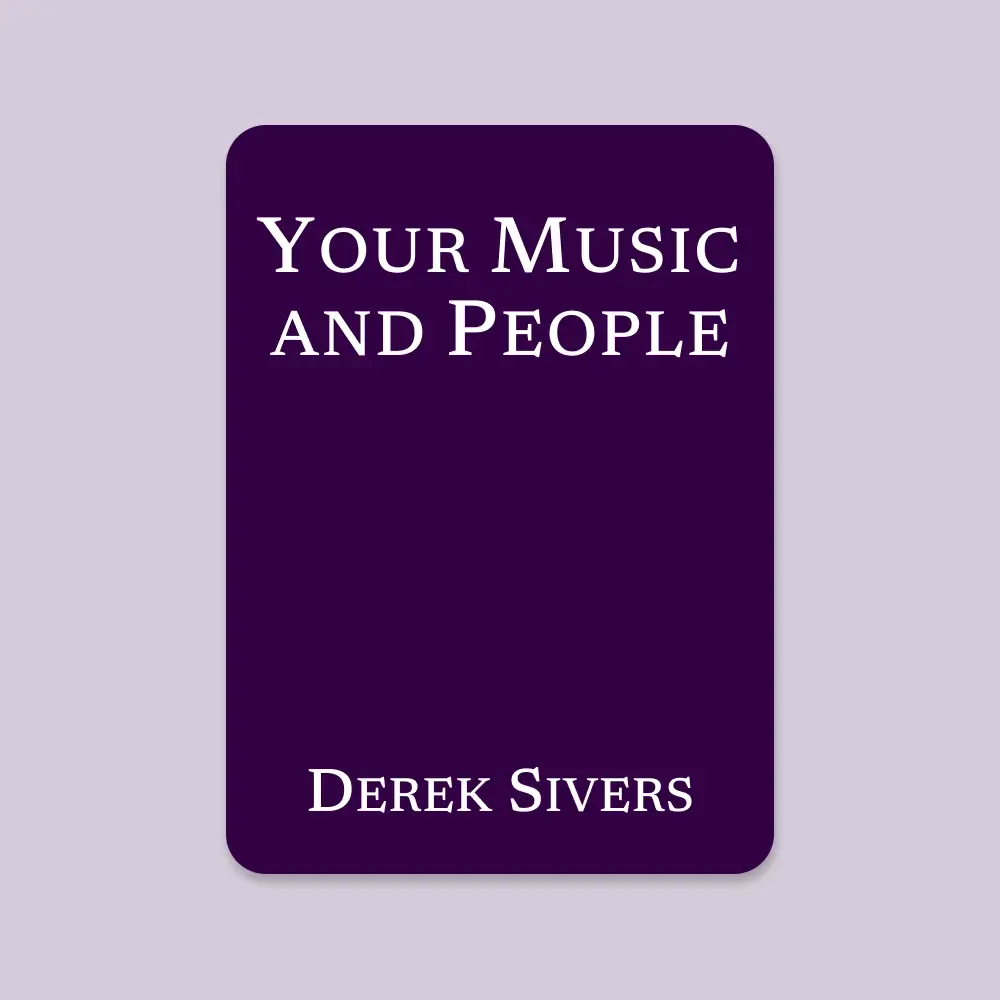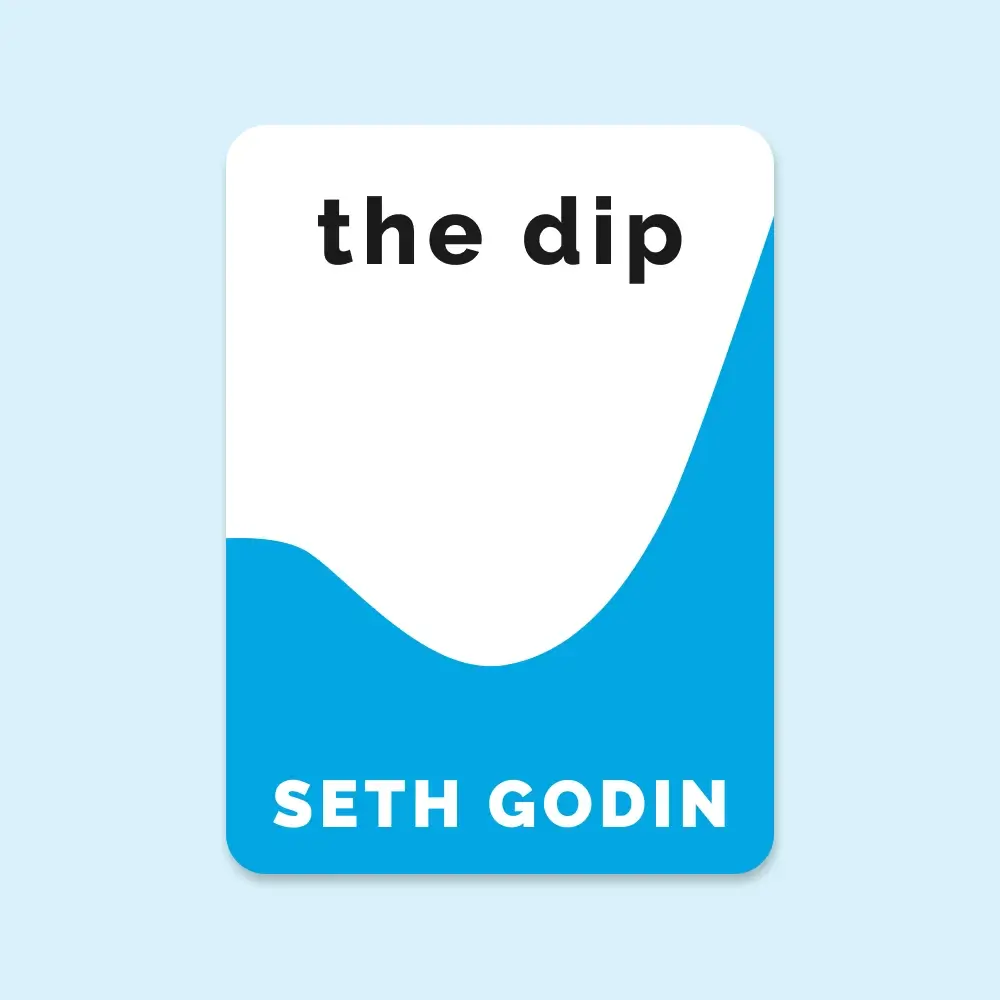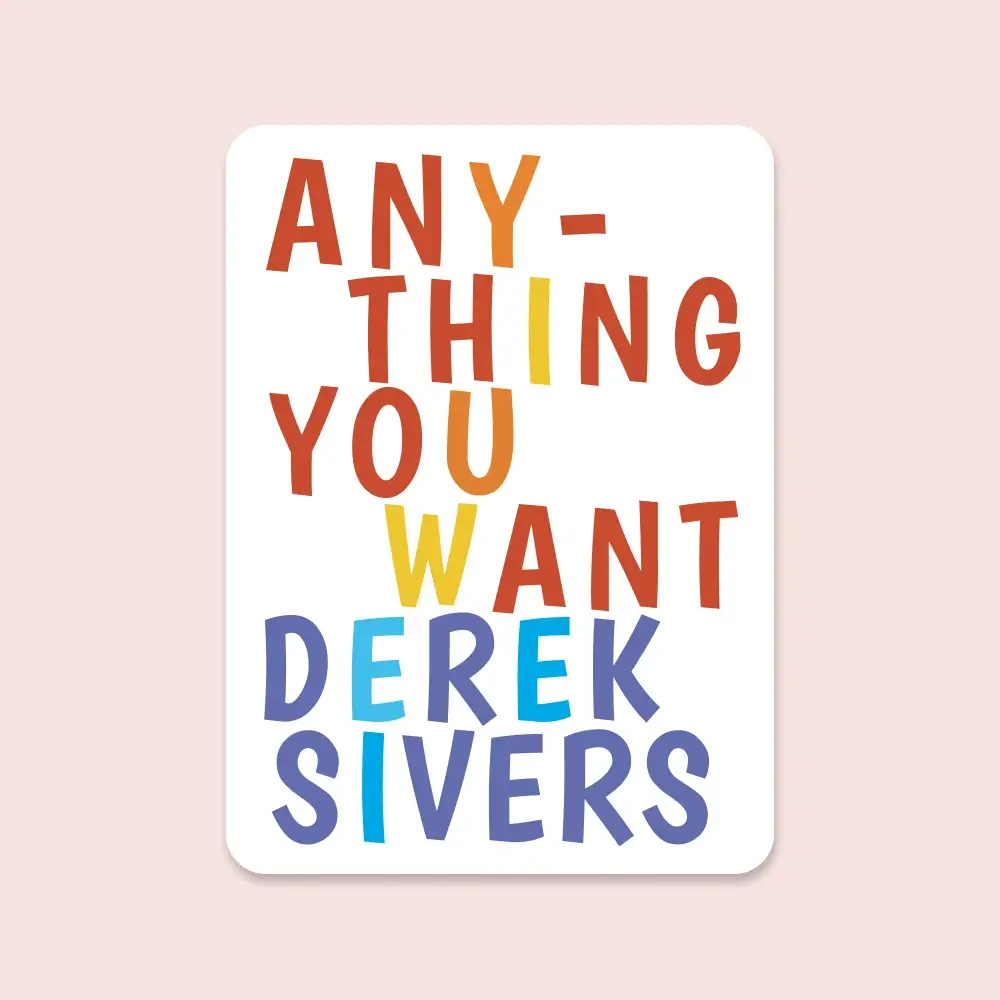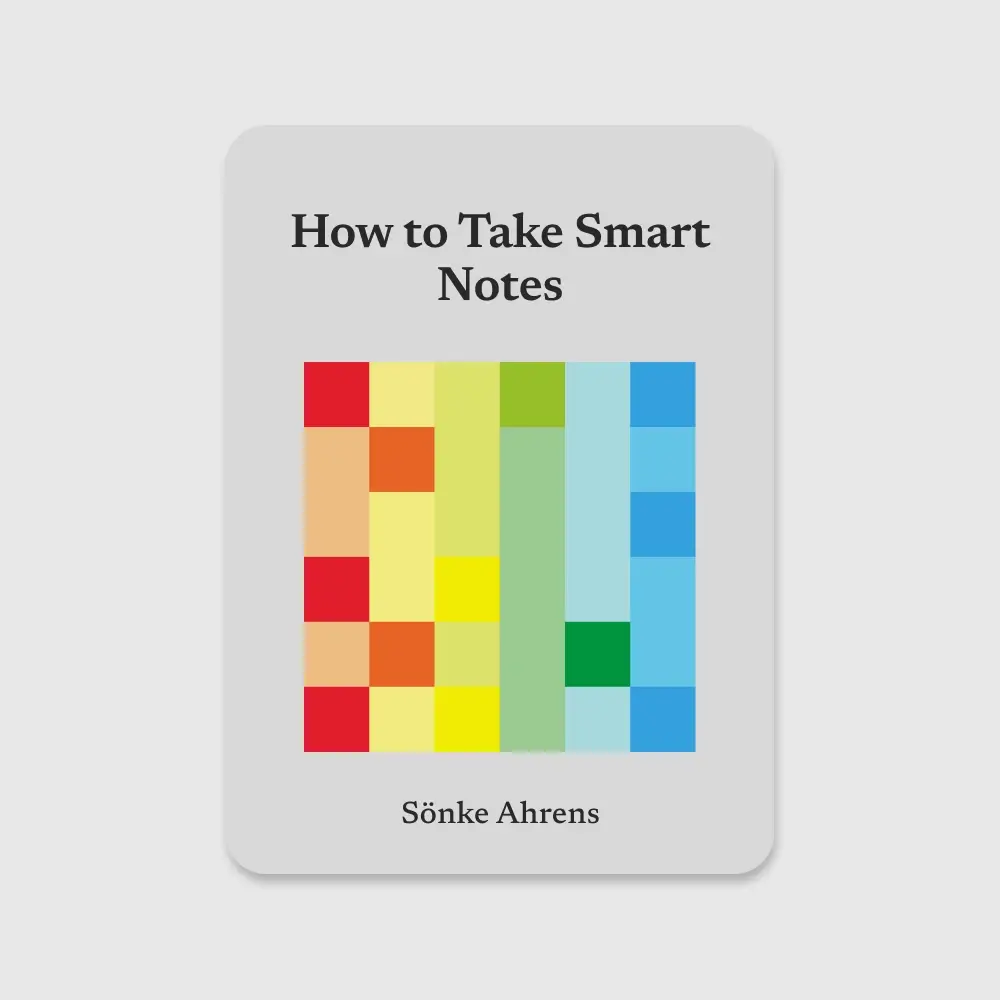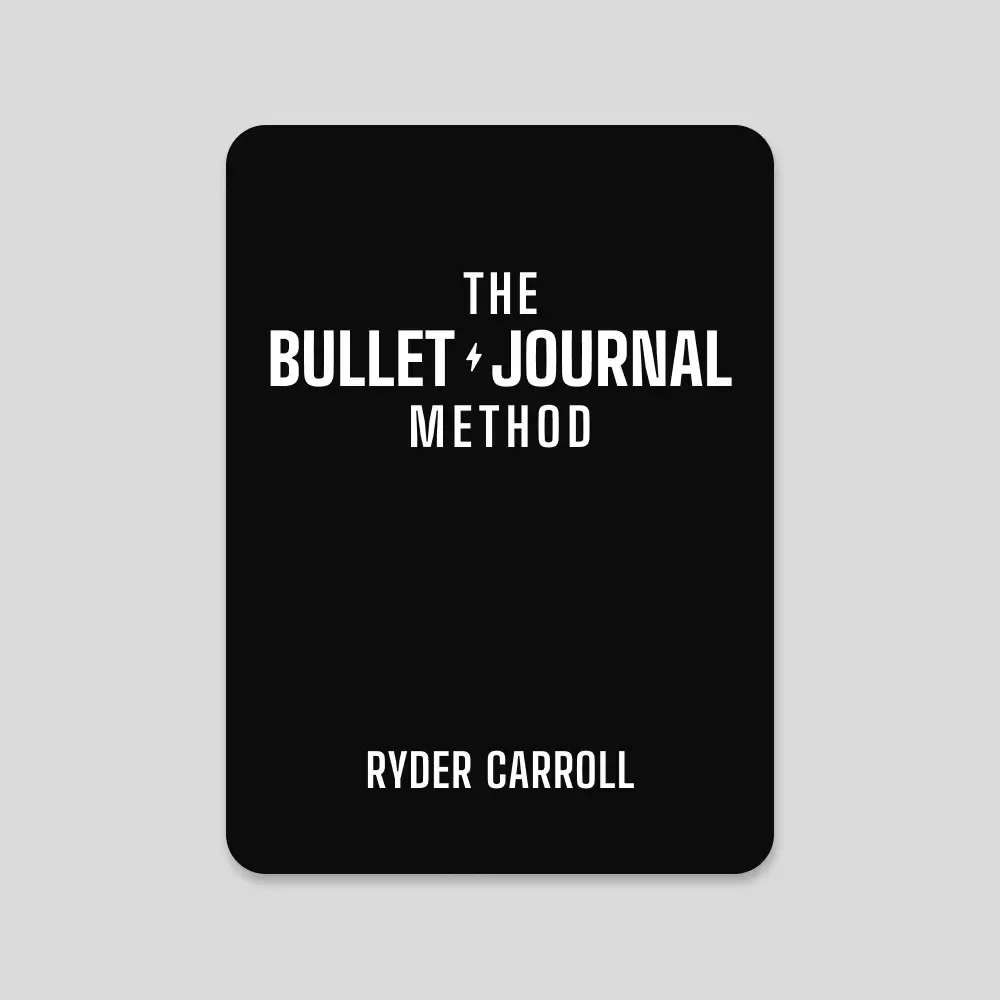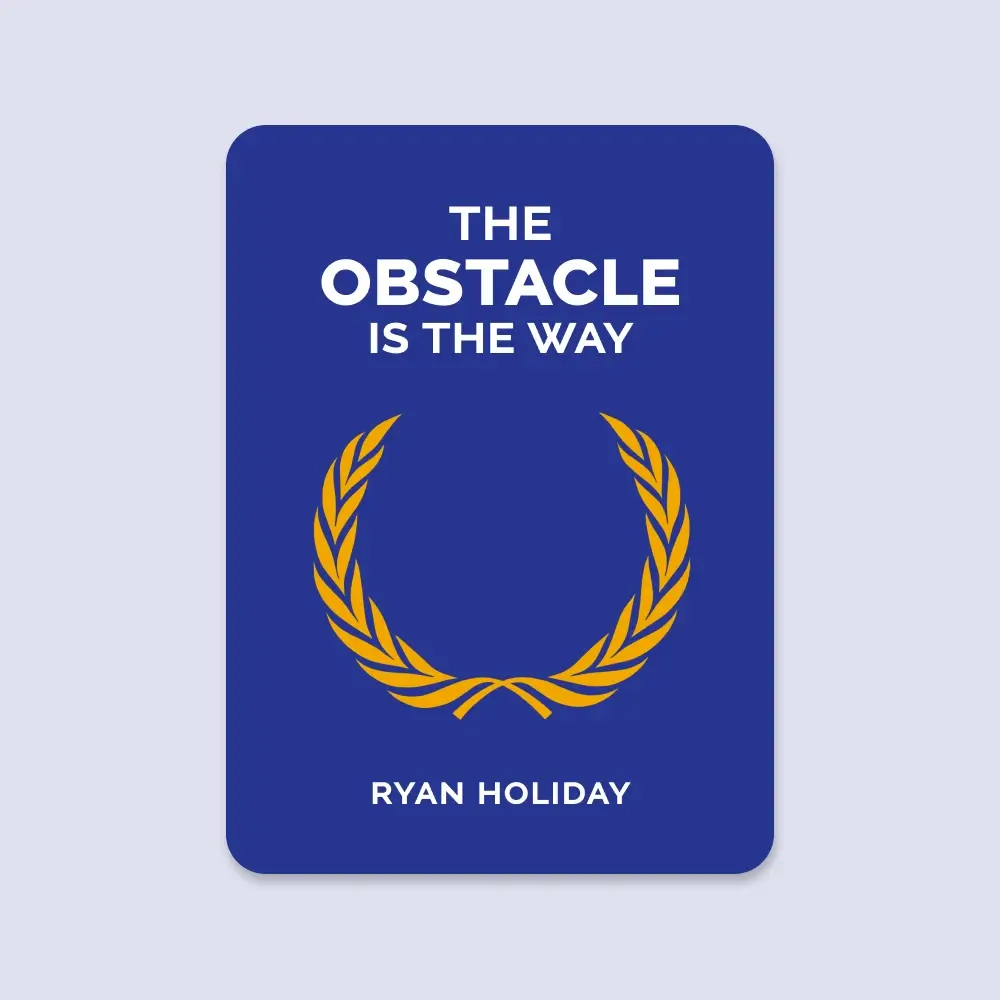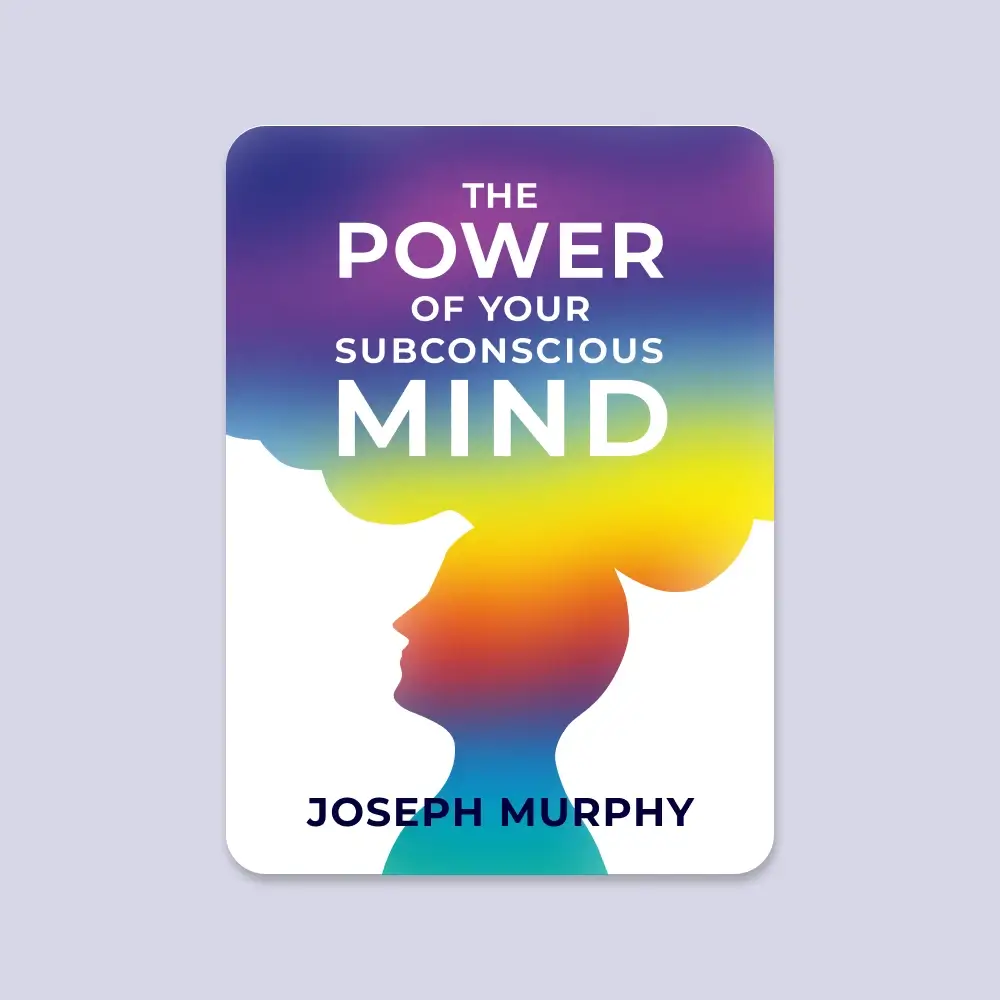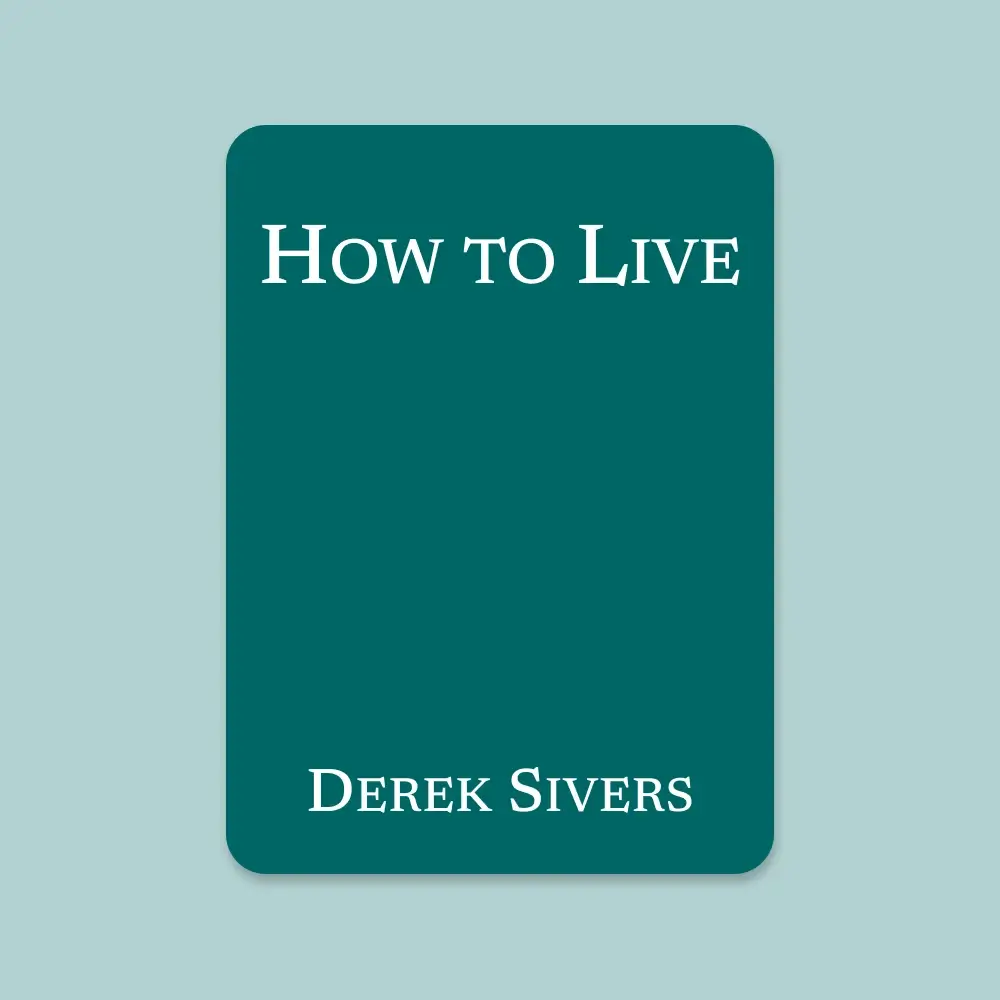
How to Live
🔓 Seek radical independence - All misery stems from dependency. Break free from people, tech, habits, and systems. Self-reliance = freedom.
🧠 Think for yourself - Delay agreement. Filter ideas. Don’t accept thoughts without consent. Decide only after reflection.
🧘 Master yourself - Discipline trumps desire. Quit harmless habits just to prove you can. Freedom starts within.
📵 Own your tools, your time, your business - Run your own server. Avoid big tech. Sell products, not your time. Depend on nobody.
🪓 Commit and cut off options - Decide = to cut off. Fewer options = more clarity, power, and peace. Go all in on one thing.
🔥 Commitment is how to live - Committing brings freedom, mastery, and meaning. Be all in with work, love, and life.
🌎 Immerse in the world - Savor every sense like it’s your last day. Silence, beauty, and awe fuel aliveness.
💬 Control your inner world - You are what you focus on. Dismiss emotions. Ignore the noise. Observe, don’t react.
📈 Think super long-term - Today’s discomfort = future rewards. Invest time, money, and effort now to serve your future self.
🧬 You are not separate - There is no “them,” only “us.” Embrace humanity. We’re all family. Act like it.
📸 Make and cherish memories - Your story is your life. Create and retell memories. Capture moments. That’s what lasts.
🎯 Master one thing - Depth > breadth. Mastery is the ultimate status. Choose anything. Stick to it. Get better every day.
⏳ Ritual beats inspiration - Practice daily, no matter what. Never skip. Never stop. Ritual builds momentum and mastery.
💪 Pain is the path - Avoiding pain avoids growth. Seek discomfort. Embrace challenge. The hard road leads to a better future.
😌 Forget the past, ignore the future - Be fully present. Life is now. Amnesia brings peace. Live like today is all you have.
📚 Learn endlessly - Wisdom outlasts looks, age, and wealth. Learning compounds. Stay curious. Always be a beginner.
🚫 Stop lying - Radical honesty is clarity. Say the hard truths. Speak your mind. Integrity > comfort.
🧭 Serve the future - Think beyond your life. Act in service of generations. Plant trees you’ll never sit under.
💘 Love deeply and directly - Connect fully. Express love. Appreciate flaws. Empathy and attention are love’s roots.
🎨 Create, then share - Don’t wait for perfect. Make things. Mistakes are growth. Create to express, to learn, to live.
🧪 Fail fast, fail often - Mistakes are lessons. The faster you fail, the faster you learn. Don’t fear failure-mine it for wisdom.
⚖️ Live in balance - Extremes breed chaos. Find your center. Stay flexible. Moderate the highs and lows.
-
All misery comes from dependency. If you weren’t dependent on income, people, or technology, you would be truly free. The only way to be deeply happy is to break all dependencies.
-
Dogs bark. People speak. It doesn’t mean a thing. What they say and do has nothing to do with you, even if it seems directed your way. The only opinion that matters is your own. When you know what you’re doing, you won’t care what anyone else is doing. When you’re indifferent to people’s words and actions, nobody can affect you.
-
Don’t believe anything anyone says. Listen if you want, but always decide for yourself. Never agree with anything the same day you hear it, because some ideas are persuasively hypnotic. Wait a few days to decide what you really think. Don’t let ideas into your head or heart without your permission.
-
Everyone has their own lives to manage. Nobody is responsible for you, and you aren’t responsible for anybody. You don’t owe anyone anything.
-
You can’t be free without self-mastery. Your past indulgences and habits might be addictions. Quit a harmless habit for a month, just to prove you can.
-
When you say you want more freedom from the world, you may just need freedom from your past self. You don’t see things as they are. You see them as you are. Change yourself and you change the world.
-
Learn the skills you need to be self-reliant. Learn to drive, fly, sail, garden, fish, and camp. Learn emergency medical and disaster preparedness. Assume nobody will help you.
-
Don’t depend on any company, especially not the big tech giants. Use only open-source software and open communication protocols. Keep your own backups. Get your own domain. Run your own server.
-
The best place for self-reliance is a rural off-the-grid home. Generate your own electricity. Collect your own water. Grow your own food.
-
Make friends wherever you go, so that no one place has all of your friends.
-
Own your own business with many small customers to avoid depending on any big client. Offer products, not a personal service, so your business can run without you. Create many sources of income like this.
-
You’ve been looking for the best person, place, or career. But seeking the best is the problem. No choice is inherently the best. What makes something the best choice? You. You make it the best through your commitment to it. Your dedication and actions make any choice great.
-
When a decision is irreversible, you feel better about it. When you’re stuck with something, you find what’s good about it. When you can’t change your situation, you change your attitude towards it. So remove the option to change your mind.
-
You think you want more choice and more options. But when you have unlimited choice, you feel worse. When you keep all options open, you’re conflicted and miserable. Your thoughts are divided. Your power is diluted. Your time is thinly spread. Indecision keeps you shallow. Get the deeper pleasure of diving into one choice.
-
The English word “decide” comes from Latin “to cut off”. Choose one and cut off other options. To go one direction means you’re not going other directions. When you commit to one outcome, you’re united and sharply focused. When you sacrifice your alternate selves, your remaining self has amazing power.
-
Ignore other aspects of your life. Let go of every unnecessary obligation. Each one seems small, but together, they’ll drain your soul. Focus your attention on the few things you’re committed to, and nothing else.
-
When people say you’re a person of good character, they mean you’re not just good, but consistently so. You’re defined by what you do repeatedly. Your habits create your character.
-
Rockets use most of their fuel in the first minute of flight, to escape the pull of gravity. Once they get outside that pull, it’s effortless. Same with your habits. Starting is hard. The rest is easy.
-
New habits are what you’re trying. Old habits are who you are.
-
Commit to one career path. Build your expertise and reputation over time. Because you cut off other options, you won’t be derailed by distraction. Since you’re committed, you can’t fail. Even if it takes you years longer than expected, it’s not failure until you give up.
-
Marry someone full of kindness who is committed to putting you in the center of their life. Marry someone you don’t want to change, who doesn’t want to change you. Someone that doesn’t punish you for mistakes. Someone who sees you as your highest potential. Commit completely.
-
Falling in love is easy. Staying in love is harder. Enthusiasm is common. Endurance is rare.
-
Commitment gives you integrity and social bonds. Commitment gives you expertise and power. Commitment gives you love and happiness. Committing is how to live.
-
See it all. Touch it all. Hear it all. Taste it all. Do it all. Appreciate this wonderful physical world.
-
If you knew you’d go blind tomorrow, how intensely would you look at the world today? If you knew you’d go deaf tomorrow, how intensely would you listen? Fill your senses as if this was your last day on Earth. One day that will be true.
-
Silence is precious. Silence is the one thing that all religions have in common. Silence is the only way to hear quiet wisdom.
-
Your whole experience of life is in your mind. Focus on your internal world, not external world.
-
Your emotions insist they need you to respond. When you ignore the urges, they go away too.
-
Observe yourself. Your own mind is the best laboratory. It’s also the most private and peaceful place to work.
-
If you need money, be an investor. It’s the only career where you profit the most by doing the least. It should take no more than an hour per month. The stock market takes money from the active traders and gives it to the patient.
-
If an action feels necessary, and you can’t let it go, just write it down for later. Everything seems more important while you’re thinking of it. Later, you’ll realize it’s not.
-
Live like this. Serve the future. Do small things now with huge benefits for your older self, your descendants, and future generations.
-
Actions amplify through time to have a massive impact on the future.
-
Delay gratification. Today’s discomfort brings future rewards. When you have a clear view of the future, you won’t mind the small sacrifice. You never regret not indulging.
-
Only spend money on things that do long-term good, like education. In other words, never spend, only invest. The earlier you start, the better, since time is the multiplier.
-
Many huge achievements are just the result of little actions done persistently over time. Cities began with just one building. Walmart was one little store. People with incredible skill just practiced every day. Put $25 a day in your investment account, and in thirty years, you’ll have over a million dollars.
-
Be extra-careful of habits that seem harmless. Imagine each choice continuing forever. Eat a cookie, and eventually you’re obese. Shop for fun, and eventually you’re deep in debt. When you choose a behavior, you choose its future consequences.
-
Short-term thinking is the root of most of our problems, from pollution to debt, both personal and global. Easter Island used to be filled with trees, but early settlers cut them down, and they never grew back. Greenland used to have grass, but early settlers let their sheep graze, and it never grew back. A few short-term decisions can lead to centuries of destruction.
-
We treat the future like a garbage dump. We dump our debts, pollution, junk, and responsibilities on the future, as if it’s a problem solved. It’s the most psychopathically inconsiderate thing we do to our children, since it’s their world, not ours.
-
Your future self is depending on you. Your descendants are depending on you. Our future generations are depending on us. Use the compounding amplifier of time. Thinking super-long-term is how to live.
-
We’re all cousins. Everybody on Earth, no matter how far apart, has a surprisingly recent common ancestor. Go meet your family in the Middle East, in Asia, in Africa, in the Americas, and in Europe. Understand that there is no “them”. It’s just “us”. Feel those connections.
-
Nostalgia links your past and present. Nostalgia protects against stress and boredom, and improves your mood. Nostalgia makes you more optimistic, more generous, more creative, and more empathetic. Nostalgia is memories minus the pain. Being nostalgic makes you less afraid to die.
-
Turn your experiences into stories. A story is the remains of an experience. Make your stories entertaining, so people like to hear them. By telling good stories, your memories can last longer, because people will echo them back to you occasionally, or ask you to tell them again.
-
Without memories, you have no sense of self. You have to remember your past to see your trajectory. You use your past to make your future.
-
Making memories is the most important thing you can do with your life. The more memories you create, the longer and richer your life feels. Making memories is how to live.
-
Pick one thing and spend the rest of your life getting deeper into it.
-
Mastery is the best goal because the rich can’t buy it, the impatient can’t rush it, the privileged can’t inherit it, and nobody can steal it. You can only earn it through hard work. Mastery is the ultimate status.
-
Concentrating all of your life’s force on one thing gives you incredible power. Sunlight won’t catch a stick on fire. But if you use a magnifying glass to focus the sunlight on one spot, it will. Mastery needs your full focused attention.
-
The more you learn about something, the more there is to learn. You see what normal people don’t see. The path gets more and more interesting as you go.
-
If you haven’t decided what to master, pick anything that scares you, fascinates you, or infuriates you. Don’t ask, “Is this the real me?”or “Is this my passion?”Those questions lead to endless searching and disappointment. People don’t fail by choosing the wrong path —they fail by not choosing. Make your choice, then make a lifetime commitment to constant improvement. The passion comes after you start getting good.
-
Define “success” for yourself. Describe the outcome you want. You can’t hit a target you can’t see.
-
When you first start learning, you improve massively every week. Beginning is fun. But real expertise comes only after years of hard work. The challenge is staying on the path.
-
You need ritual, not inspiration. Every day, no matter what, you must practice. Your practice ritual is your highest priority — an unbreakable commitment. Stubbornly protect this time against the demands of the world.
-
Once you get momentum, never stop. It’s easy to continue, but if you stop, it’s hard to start again. Never miss a day.
-
When you’re not practicing, remember: someone somewhere is practicing. When you meet them, they will win.
-
How many push-ups could you do right now? But how many could you do if you took a ten-minute break between each set? Many more. That’s the secret. Take tiny breaks when working, to go longer than most.
-
We think we see patterns and causes. Really there are none. We think events are meaningful. Really they’re just coincidence. We’re not used to the logic of probability. Life is more random than it seems.
-
Everything good comes from some kind of pain. Muscle fatigue makes you healthy and strong. The pain of practice leads to mastery. Difficult conversations save your relationships. But if you avoid pain, you avoid improvement. Avoid embarrassment, and you avoid success. Avoid risk, and you avoid reward.
-
The goal of life is not comfort. Pursuing comfort is both pathetic and bad for you. Comfort makes you weak and unprepared. If you overprotect yourself from pain, then every little challenge will feel unbearably difficult.
-
Comfort is a silent killer. Comfort is quicksand. The softer the chair, the harder it is to get out of it.
-
Therefore, the way to live is to steer towards the pain. Use it as your compass. Always take the harder option. Always push into discomfort. Ignore your instincts.
-
Choosing pain makes it bearable. It loses its power to hurt you. You become its master, not victim.
-
Be absolutely honest with everyone. Stop lying, completely. You lie when you’re afraid. You lie to avoid consequences. Always say the truth. Take the painful consequences.
-
You weren’t meant to be idle. You weren’t built for sitting and staring at screens. You live to push, pull, climb, and grow.
-
The best happiness comes after some pain.
-
The easy road leads to a hard future. The hard road leads to an easy future. Steering towards the pain is how to live.
-
People with severe amnesia are surprisingly happy. They can’t remember the past, and they don’t try to predict the future since they have no trajectory. They have only the present moment, so they enjoy it without burden. Follow their example. Forget the past and future.
-
Happiness is something to do, someone to love, and something to desire. Heaven is not what’s at the end of the path. Heaven is the path itself.
-
You get healthy by learning healthy habits. You get wealthy by learning valuable skills. You build a great interpersonal life by learning people skills. Most misery comes from not learning these things.
-
The biggest obstacle to learning is assuming you already know. Confidence is usually ignorance.
-
Never consider yourself an expert. It’s the strong swimmers who drown.
-
Whatever scares you, go do it. Then it won’t scare you anymore.
-
Communicate knowledge to others to make sure you understand. Don’t quote. Put it in your own words without looking up or referencing what others said. If you can’t explain it yourself, you don’t know it.
-
Learning makes you a better person and makes the world a better place. Learning is a pursuit you can’t lose. As you age, you’ll lose muscle and beauty, but you won’t lose your wisdom. Learning is how to live.
-
When you stop following emotions, and just do what’s right, then you’ll finally get what you always wanted. It was the emotions that were distracting you all along.
-
Rules must be absolutely unbreakable. If you try to decide, each time, whether it’s OK to break the rule or not, then you’ve missed the whole point of rules. Rules are to save you from deciding. That’s why hard rules are easier to keep.
-
Humor is the spirit of life — a sign of a healthy, vibrant mind and soul.
-
Expecting life to be wonderful is disappointing. Expecting life to be disappointing is wonderful. If you expect to be disappointed, you won’t be.
-
To appreciate something fully, picture losing it. Imagine losing your freedom, reputation, money, and home. Imagine losing your ability to see, hear, walk, or talk. Imagine the people you love dying tomorrow. Never take them for granted.
-
Practice being uncomfortable, even in small ways. Take the stairs instead of the elevator. Skip eating for a day, or sugar for a month. Go light-weight camping for a week. Befriend discomfort so that you’ll never fear it.
-
Want nothing, and nothing will disappoint you. Want nothing, and nothing is outside your control. Want nothing, and fate can’t hurt you.
-
Distinguish between what’s in your control and what isn’t. If it’s not in your control, put it out of your head. Trying to control outcomes makes you disappointed and resentful. Focus only on your thoughts and actions.
-
Visit your favorite places. Listen to your favorite music. Taste your favorite food. Touch your favorite people. This might be the last time you do all these things, so appreciate each moment fully.
-
Real friendship doesn’t end.
-
Imagine if you found out someone was going to die tomorrow. Imagine how much attention, compassion, and generosity you’d give them. Imagine how you’d forgive their faults. Imagine what you’d do to make their last day on Earth the best it could be. Now treat everyone like that, every day.
-
The world rewards you for creating value. Pursue wealth because it’s moral, good, and unlimited.
-
The more something costs, the more people value it. By charging more, you’re actually helping them use it and appreciate it.
-
Be fully committed to getting rich, or it won’t happen. Adjust your self-image so that you congruently feel that you should and will be rich. If you subconsciously don’t feel you deserve it, you’ll sabotage your pursuit. But if you truly feel you deserve it, you’ll do whatever it takes. So adjust your self-image first.
-
Invent for a very small niche of people who need something that doesn’t exist. Instead of making a key, then looking for a lock, find something locked, then make its key.
-
As soon as you have extra money, invest it.
-
Reducing your expenses is so much easier than increasing your income.
-
Something happened. Something else happened. People love stories, so they connect two events, calling them cause and effect. But the connection is fiction.
-
Love is a combination of attention, appreciation, and empathy.
-
To love something, first you have to connect with it. Give it your full attention. Deliberately appreciate it. Try this with places, art, and sounds. Try this with activities and ideas. Try this with yourself.
-
We think walls protect us from enemies, but walls are what create enemies in the first place.
-
If you have feelings for someone, and you don’t let that person know, you’re lying with your silence. Be direct. It saves so much trouble and regret.
-
The more you really connect with people, the more you learn about yourself: what excites you, what drains you, what attracts you, and what intimidates you.
-
Projecting perfection onto someone is not love.
-
It’s easy to love someone’s best qualities, but it’s work to love their flaws.
-
Suspend all judgment when creating the first draft. Just get to the end. It’s better to create something bad than nothing at all. You can improve something bad. You can’t improve nothing.
-
Creativity is a magic coin. The more you spend, the more you have.
-
People don’t value what’s free.
-
You learn best from your mistakes. This is true. So you should deliberately make as many mistakes as possible.
-
Try absolutely everything, all the time, expecting everything to fail. Just make sure that you capture the lessons from each experience. And never make the same mistake twice.
-
Deliberate mistakes are inspiring. Trying to write a great song is hard. Trying to write a bad song is easy and fun.
-
The more mistakes you make, the faster you learn.
-
Once you’ve made all the mistakes in a field, you’re considered an expert.
-
A mistake only counts as experience if you learn from it. Record what you learned, and review it. Otherwise, it was a waste.
-
If you’re prepared for endless failures, you’ll never think of yourself as a failure.
-
But all progress comes from those who ignore the boundaries, break the rules, or make a whole new game.
-
A great speech can do the work of a thousand soldiers.
-
All bad things in life come from extremes. Too much of this. Too little of that.
